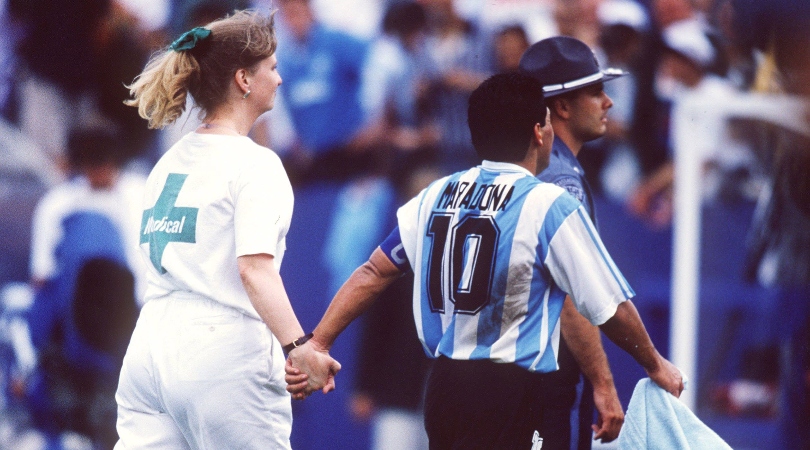
Doping in football remains something of a taboo subject to this day.
While many players have been banned for testing positive to unauthorised substances, there are still far fewer cases than in many other sports.
Perhaps that is because football is not an endurance sport like cycling, athletics or other disciplines which have seen numerous doping scandals over the years.
Regardless, there have been plenty of cases over the years, from recreational drug use to accidental infringements of the rules and more sophisticated doping, here is a look at some of the high-profile players who have been banned...
32. Manuele Blasi
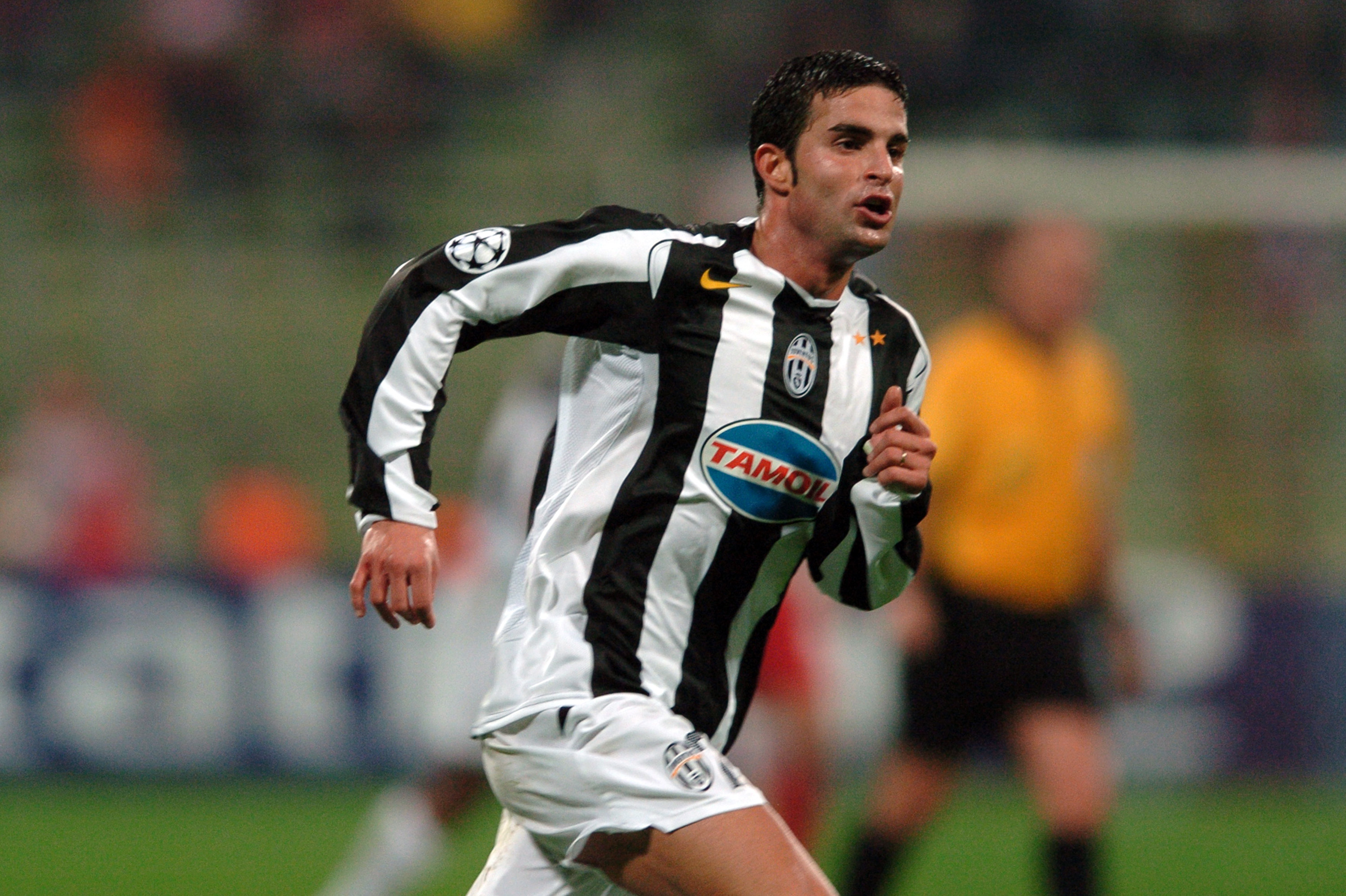
Former Italy midfielder Manuele Blasi tested positive for nandrolone after playing for Parma against Perugia in September 2004.
Blasi, who was on loan at Parma from Juventus at the time, returned to action in March 2005. The midfielder, who won eight caps for the Azzurri, has always denied wrongdoing.
31. Nathan Blake
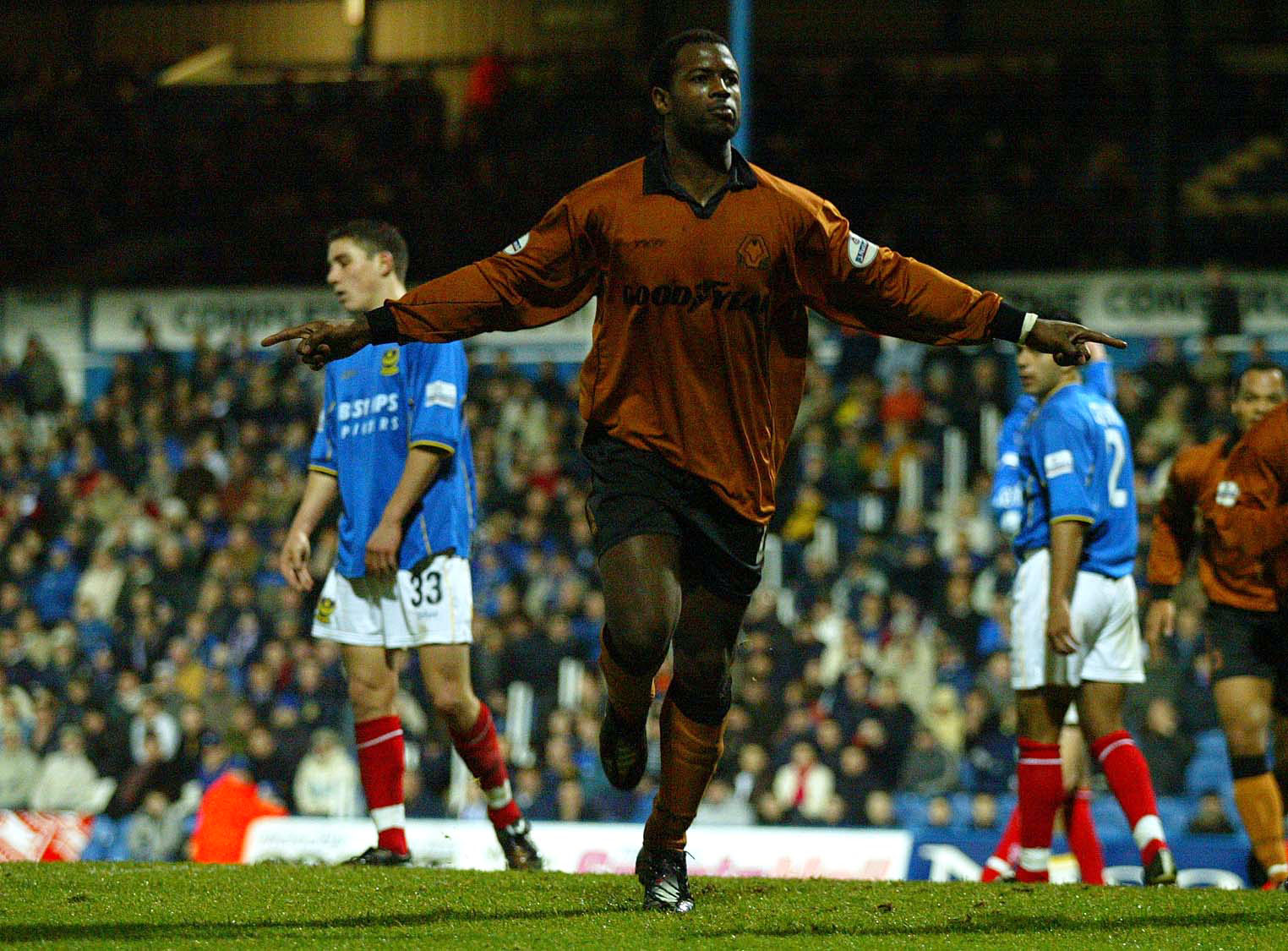
Former Wales striker Nathan Blake was banned for six months in 2005 after testing positive for a recreational drug.
After serving his suspension, he reappeared briefly at Newport County, but retired in 2006 and is best remembered for spells at Cardiff City, Bolton, Blackburn and Wolves.
30. Chris Armstrong
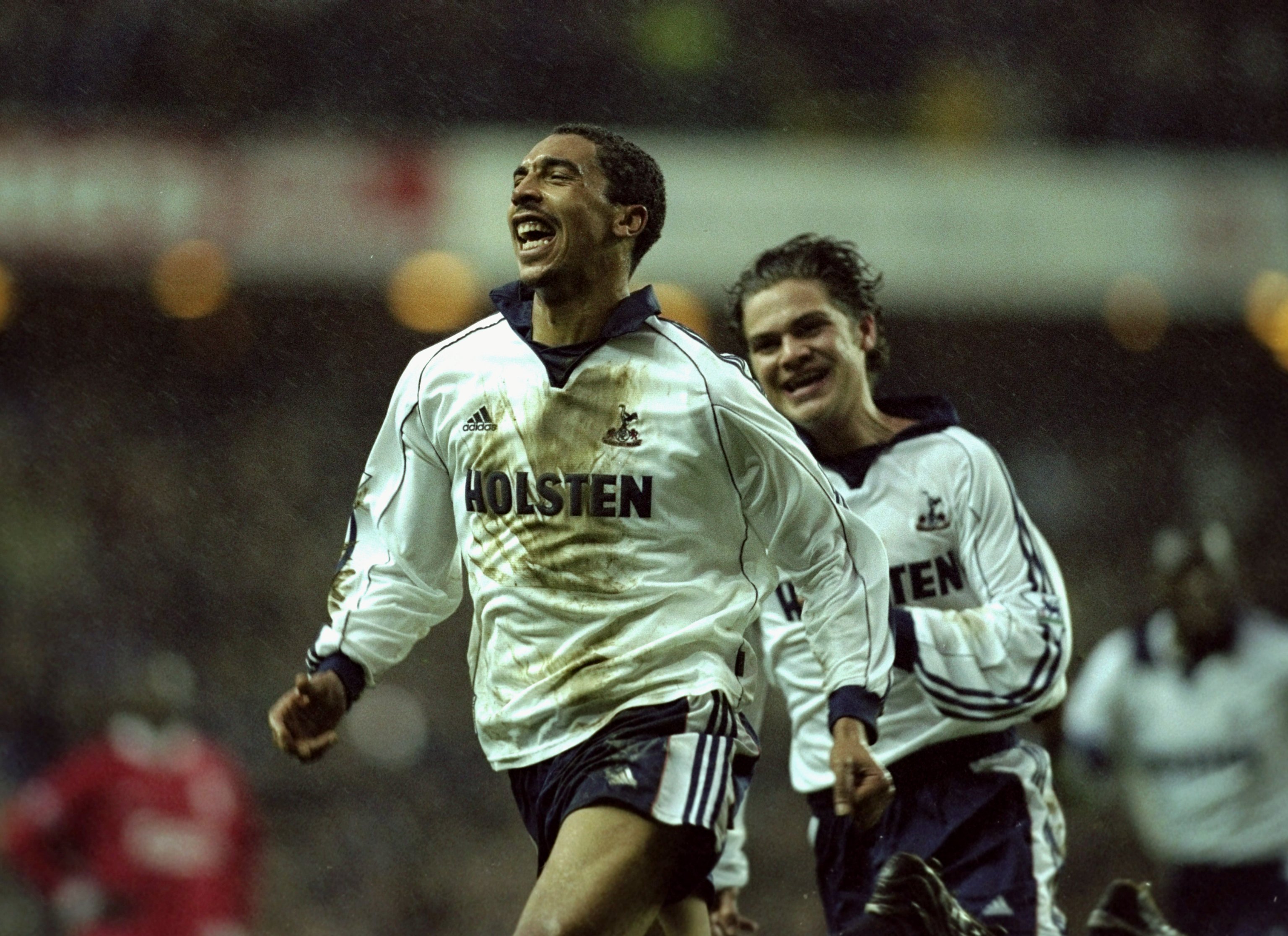
Chris Armstrong tested positive for cannabis in March 1995 and was banned for four matches. The Crystal Palace striker became the first Premier League player to fail a drugs test.
That summer, Armstrong moved to Tottenham and went on to spend seven seasons at White Hart Lane. In 2016, he was arrested for possession of cannabis, cocaine and ecstasy in a raid in London and was fined £375. After assaulting staff at a Tesco store in 2021 and causing criminal damage, he was treated for drug and alcohol problems.
29. Andrea Carnevale
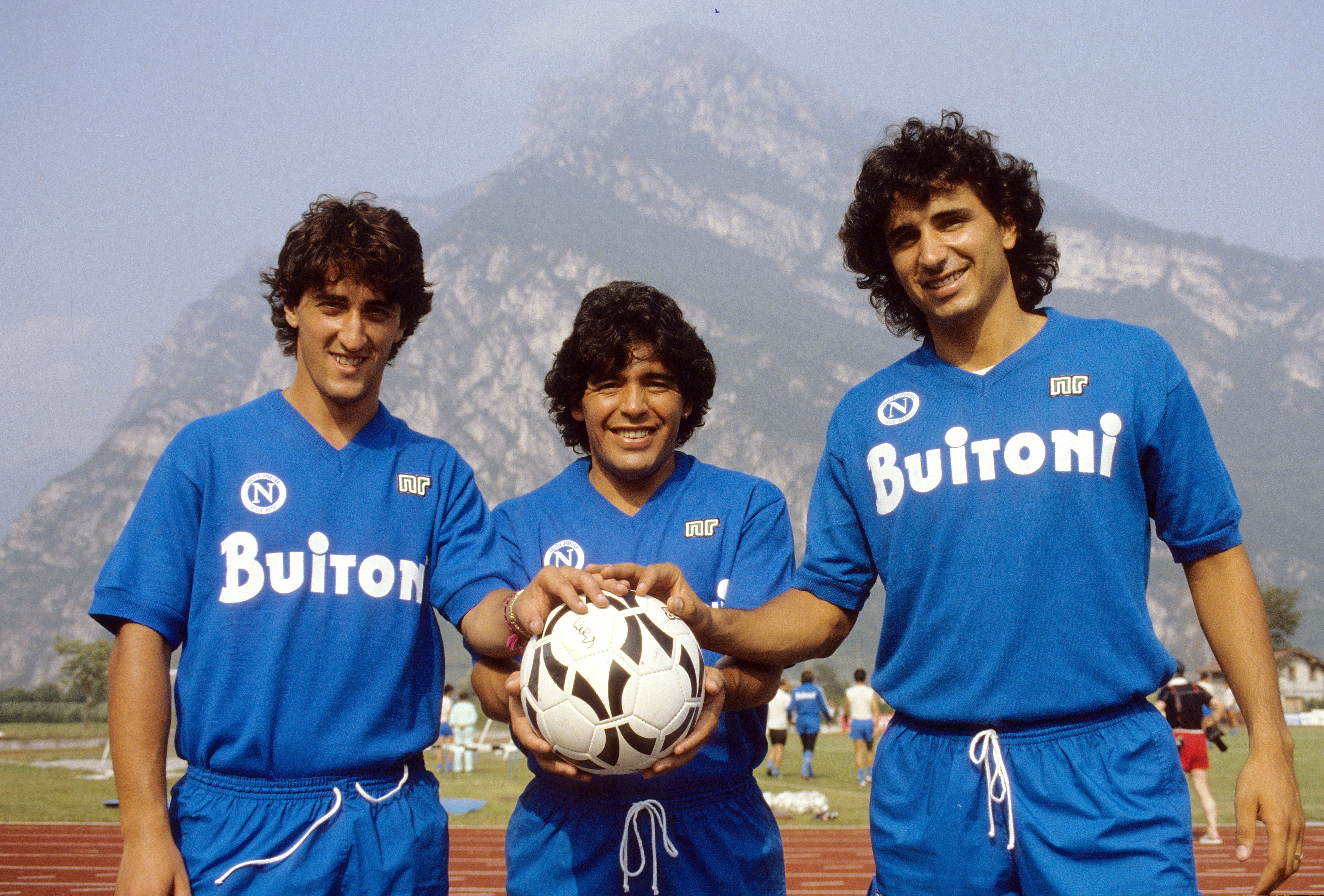
Andrea Carnevale was part of the memorable Napoli side which won two Serie A titles between 1987 and 1990, along with the likes of Diego Maradona and Careca.
The former Italy striker left Napoli for Roma in the summer of 1990 and was banned for a year along with team-mate Angelo Peruzzi for taking phentermine, a stimulant used in Lipopil for weight loss.
28. Stan Lazaridis
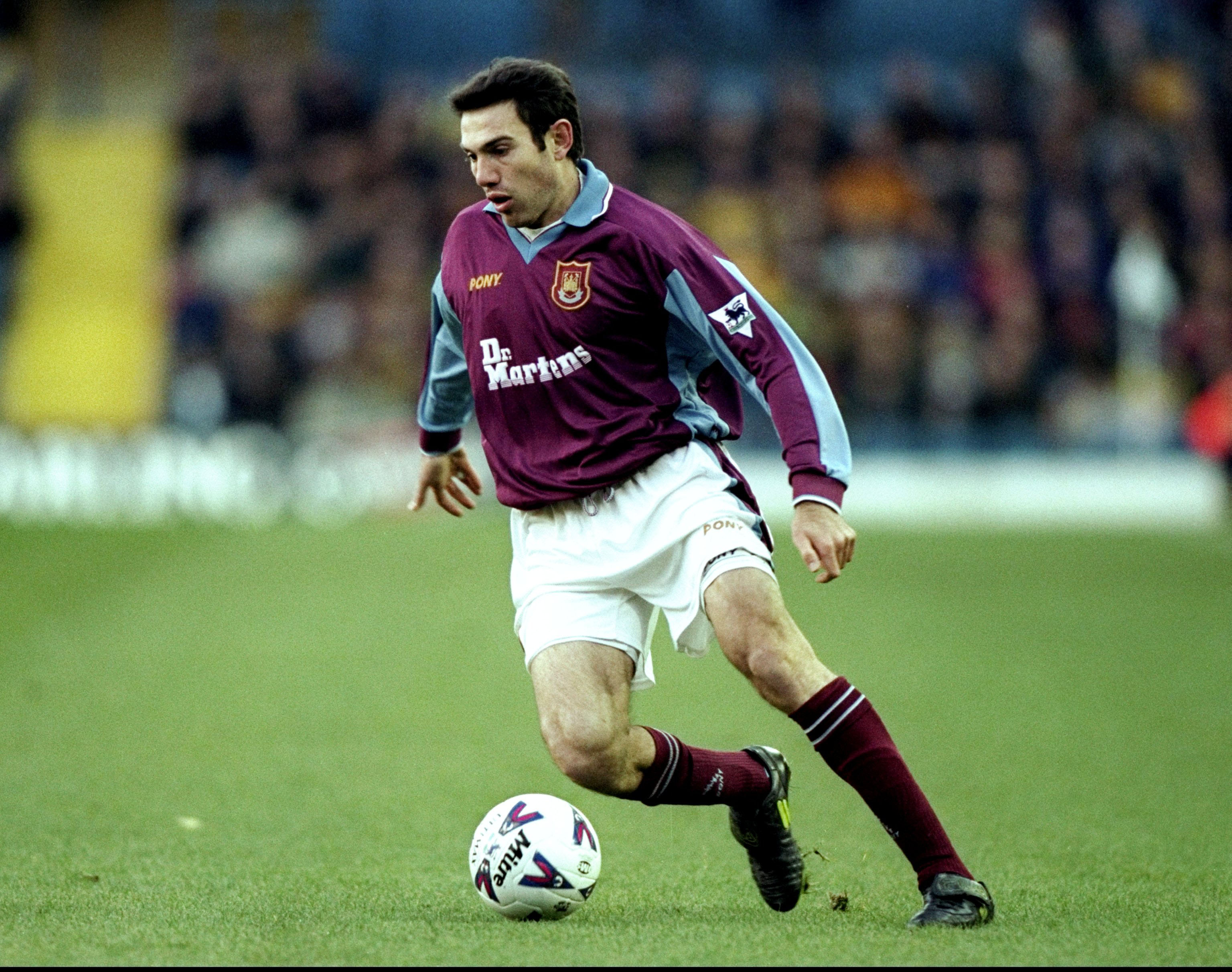
Stan Lazaridis tested positive for banned substance finasteride while at Perth Glory in January 2006. He was given a 12-month suspension from football.
The former West Ham and Birmingham winger was supported by his club, who said he was using the drug to treat hair loss. It was later removed from the list of banned substances. Lazaridis was cut from the Glory roster in 2008 and opted to retire.
27. Richard Kingson
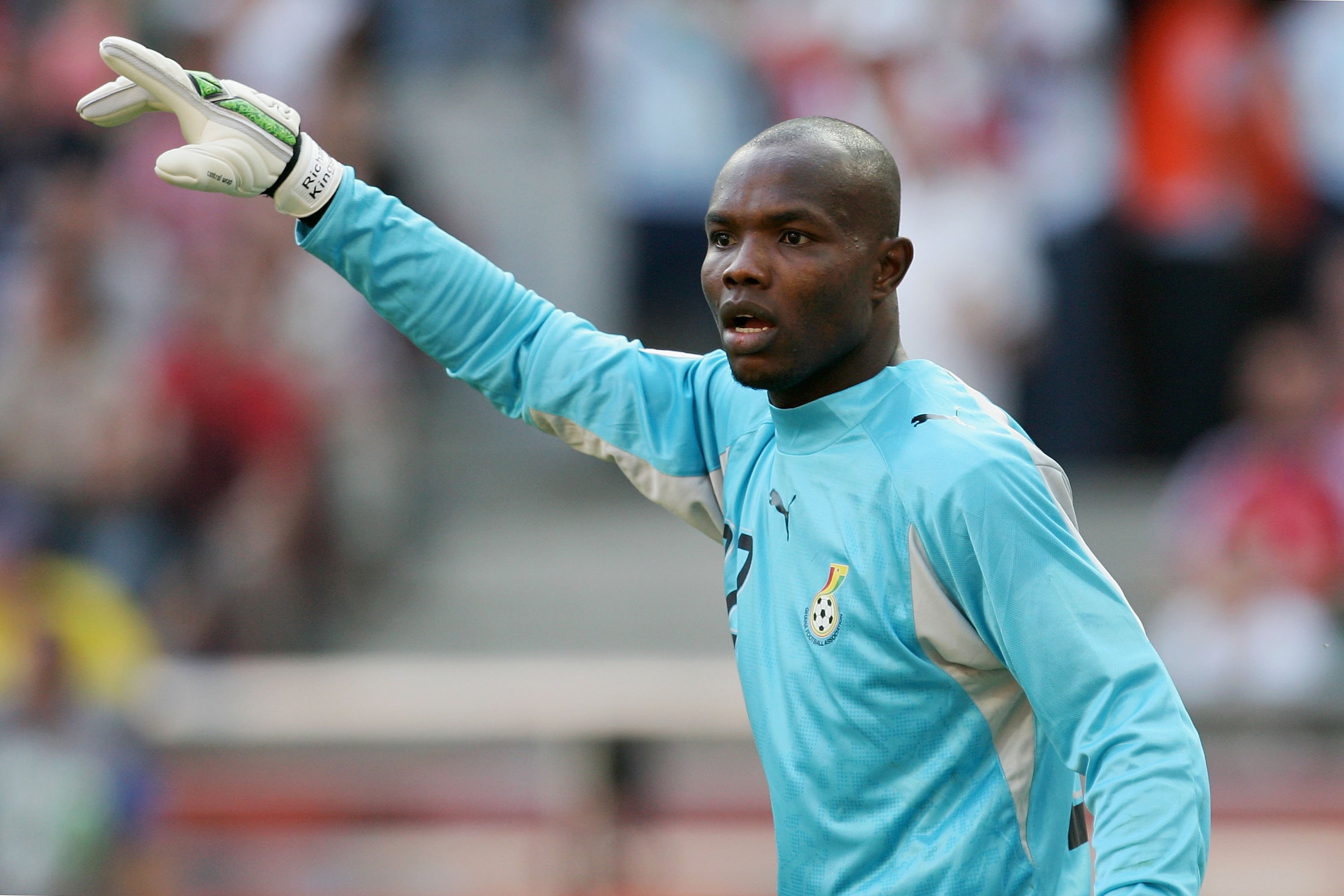
Richard Kingson won over 90 caps for Ghana between 1996 and 2012 and was considered one of the best African goalkeepers of his generation.
Kingson spent much of his career in Turkey and it was there that he was hit with a six-month suspension by UEFA in 2005 after testing positive for testosterone. The goalkeeper appealed, claiming he had taken the substance to cure an ailment and not to enhance his performance.
26. Eliseu
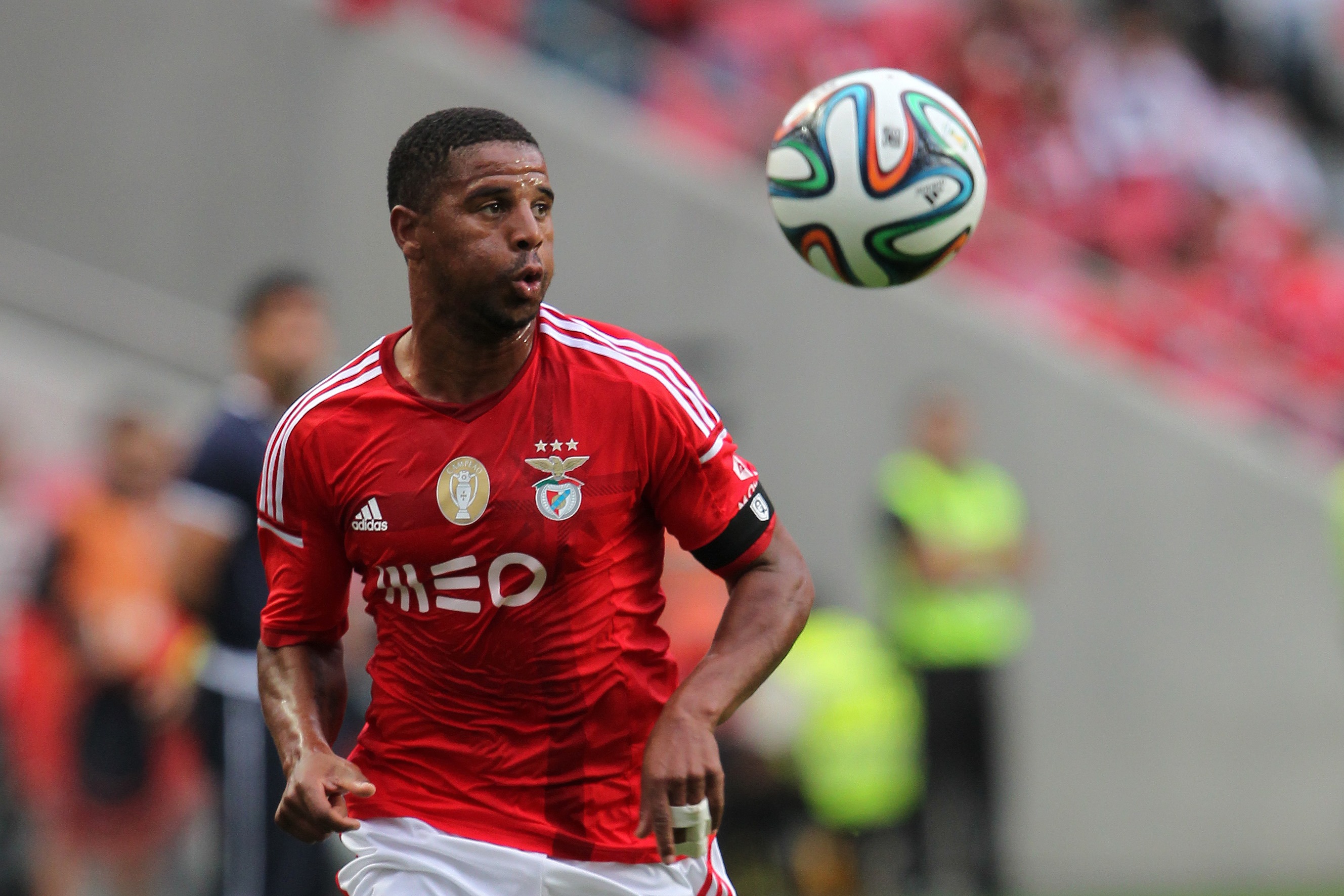
Eliseu played as a winger or a defender for Benfica, briefly at Lazio and across two spells at Malaga. He also won 29 caps for the Portuguese national team.
But before all of that, the Azorean spent a season on loan at Varzim and was banned for eight months after testing positive for the diuretic substance furosemide. He has always maintained his innocence.
25. Mbulelo Mabizela
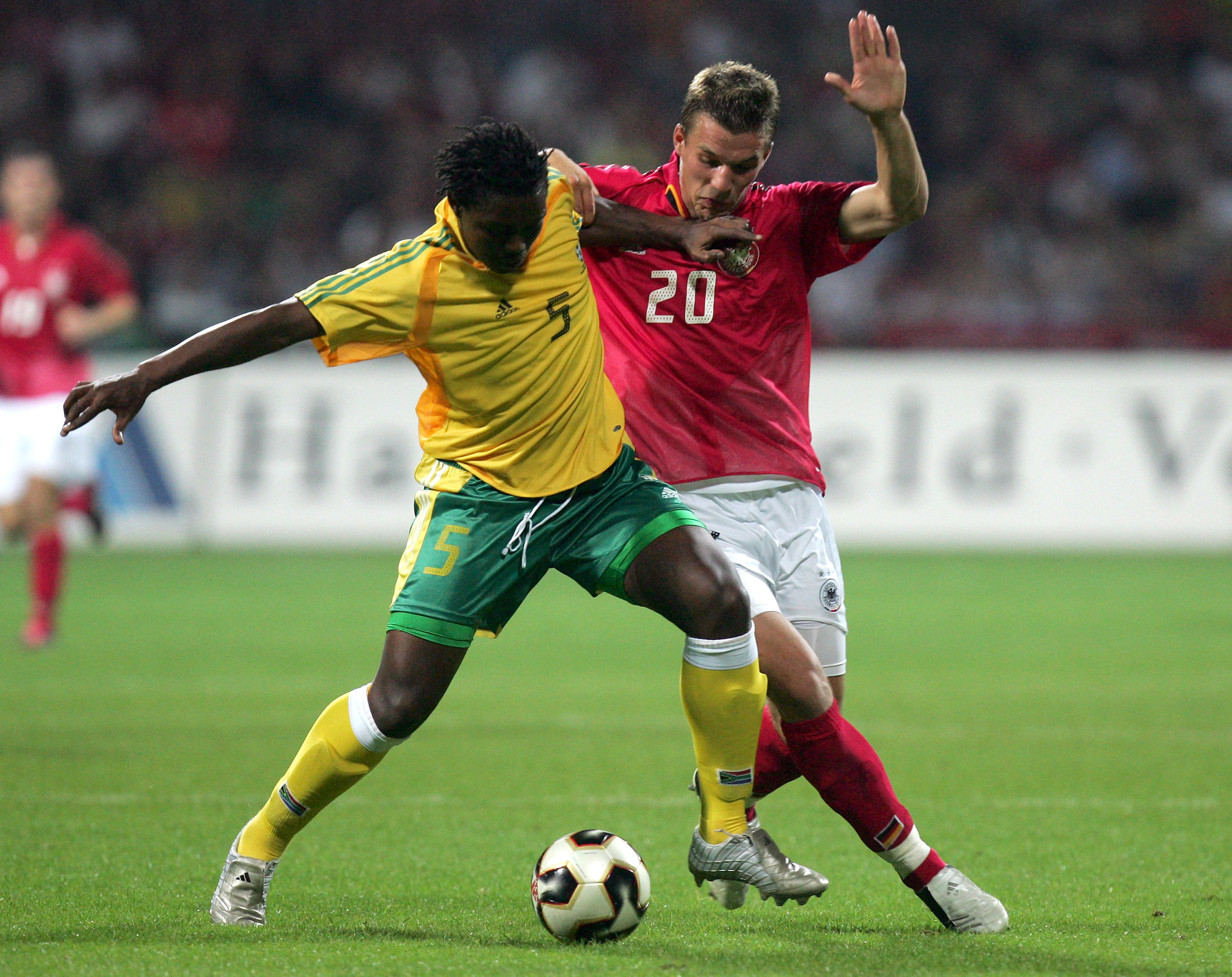
Mbulelo Mabizela was handed a six-month ban from football in December 2006 after a drugs test revealed traces of marijuana.
The former South African captain, who had a brief spell at Tottenham earlier in his career, was also fined $6,900 after a hearing held by the South African Football Association.
24. Bernard Lama
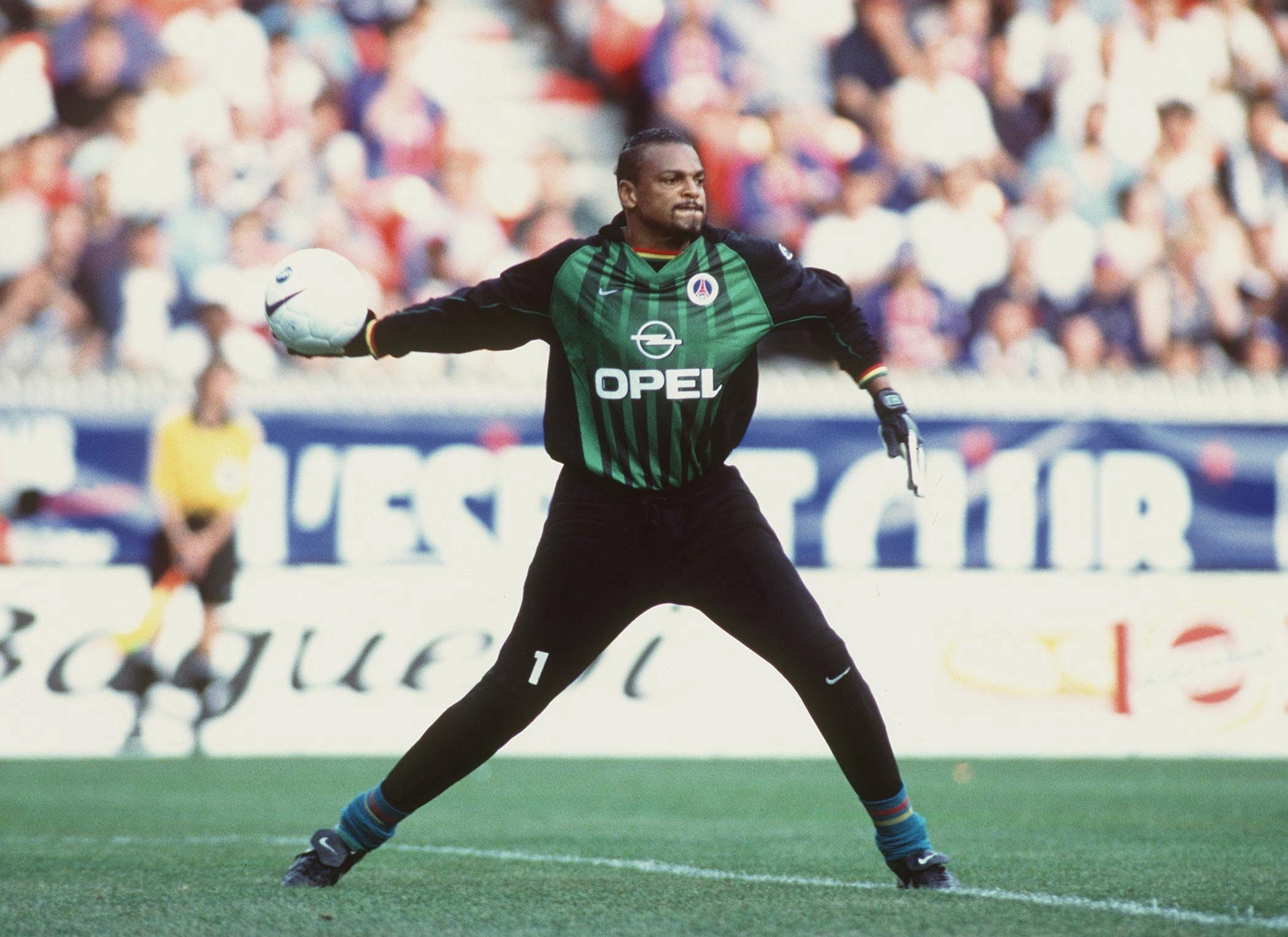
One of the best French goalkeepers in the 1980s and 1990s, Bernard Lama was part of the squads which won the 1998 World Cup and the European Championship in 2000.
Best known for a long spell at Paris Saint-Germain, Lama spent several months on the sidelines through injury in late 1996 and early 1997. And when he returned, he was banned for two months for consuming cannabis. After spending the next season at West Ham on a short-term contract, he re-signed for PSG in 1998.
23. Clarence Acuña
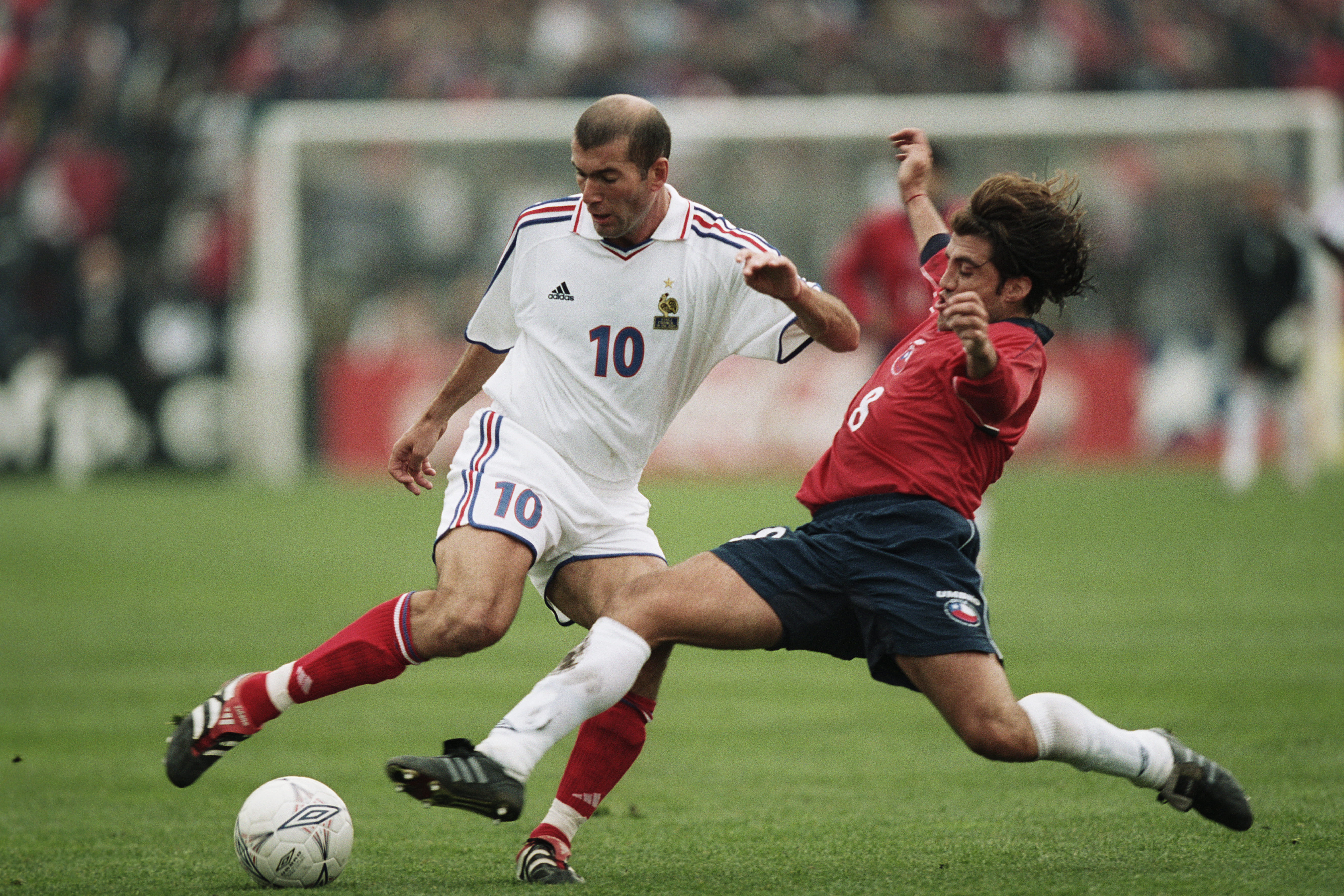
Clarence Acuña played for Chile between 1995 and 2004, featuring in the 2002 World Cup. The midfielder also spent three seasons in the Premier League with Newcastle United.
Acuña tested positive for banned substance isoproterenol following a match between Chile in Peru in April 2000 and was hit with a four-month suspension. He has always maintained his innocence.
22. Mark Bosnich
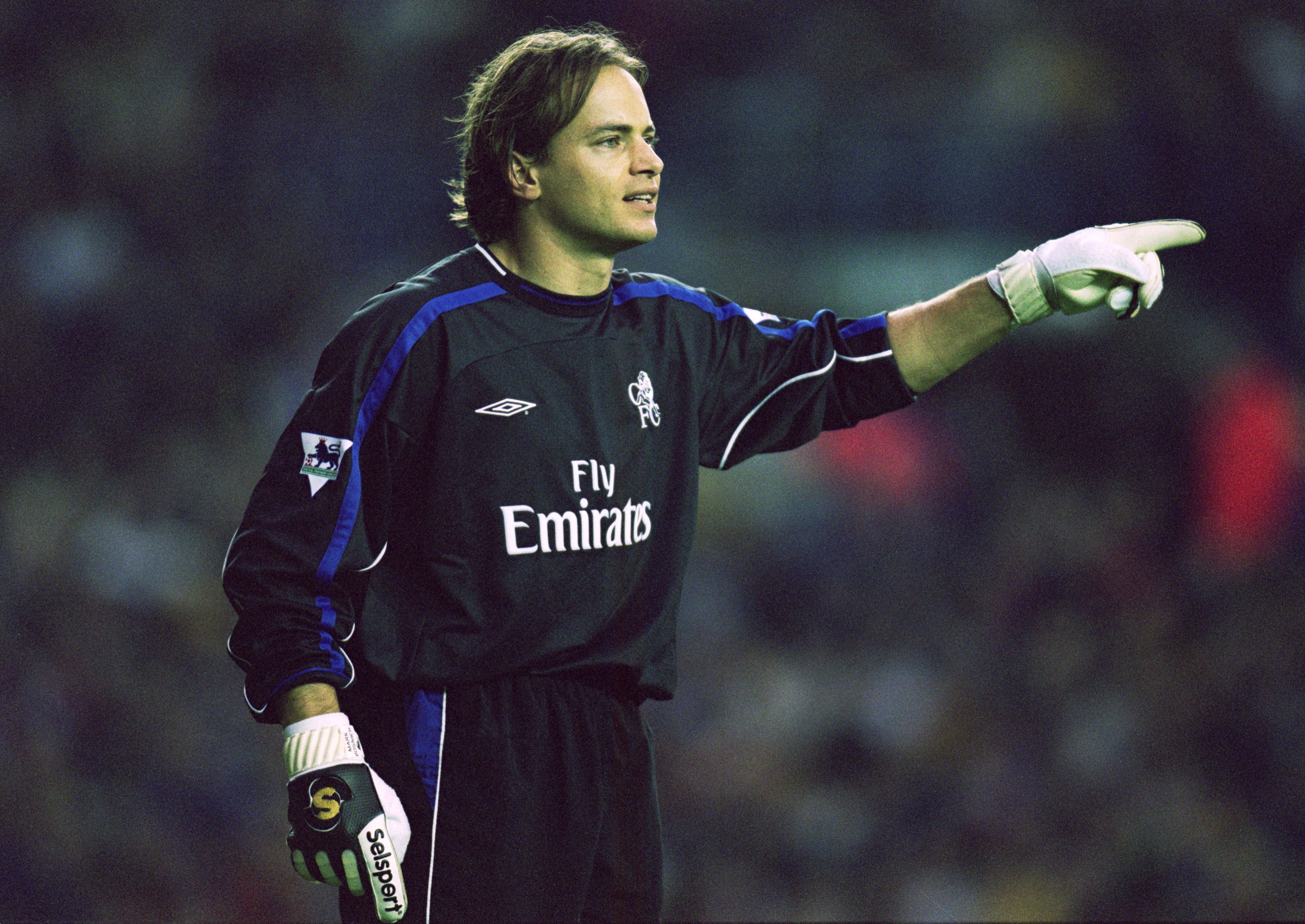
Mark Bosnich played only five Premier League games for Chelsea after moving to Stamford Bridge from Manchester United and the Australian's career with the Blues ended in disgrace.
The goalkeeper was sacked by the west London club after failing a drugs test. He claimed his drink had been spiked on a night out, but was found guilty of charges of improper conduct and breaching the FA's doping control regulations. He was banned for nine months and never played in England again, finishing his career back in Australia after a number of years out of the game.
21. Abel Xavier
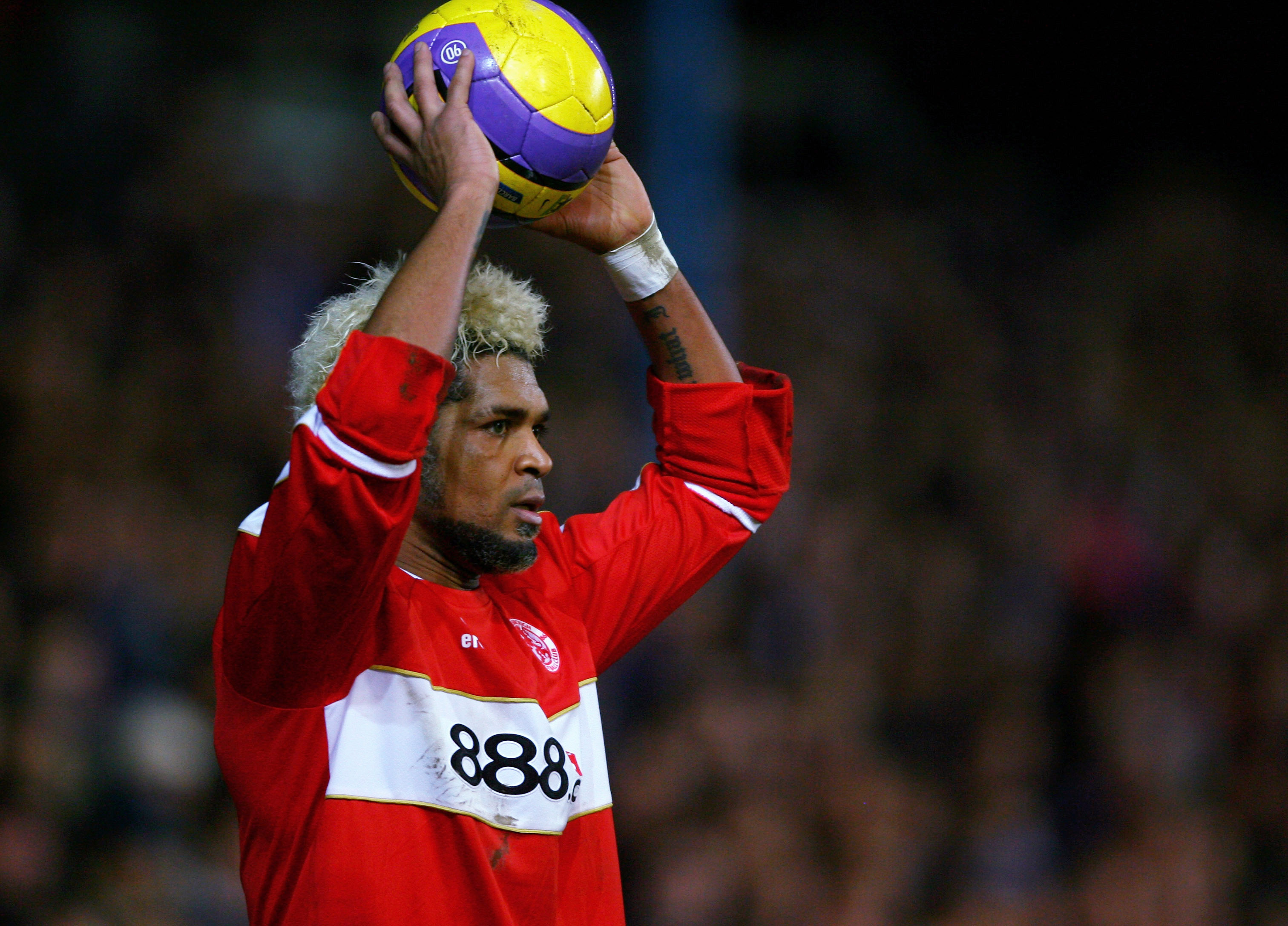
Abel Xavier was banned from football for 18 months after he failed a drugs test following a UEFA Cup tie for Middlesbrough against Skoda Xanthi in September 2005.
The Portuguese defender was found guilty of using the anabolic steroid methandrostenolone (also known as dianabol) and became the first Premier League player to be banned for using a performance-enhancing drug. His appeal was unsuccessful and he missed Middlesbrough's run to the 2006 UEFA Cup final, but his ban was later cut to 12 months and he stayed with the club for the remainder of the 2006/07 season.
20. Paolo Guerrero
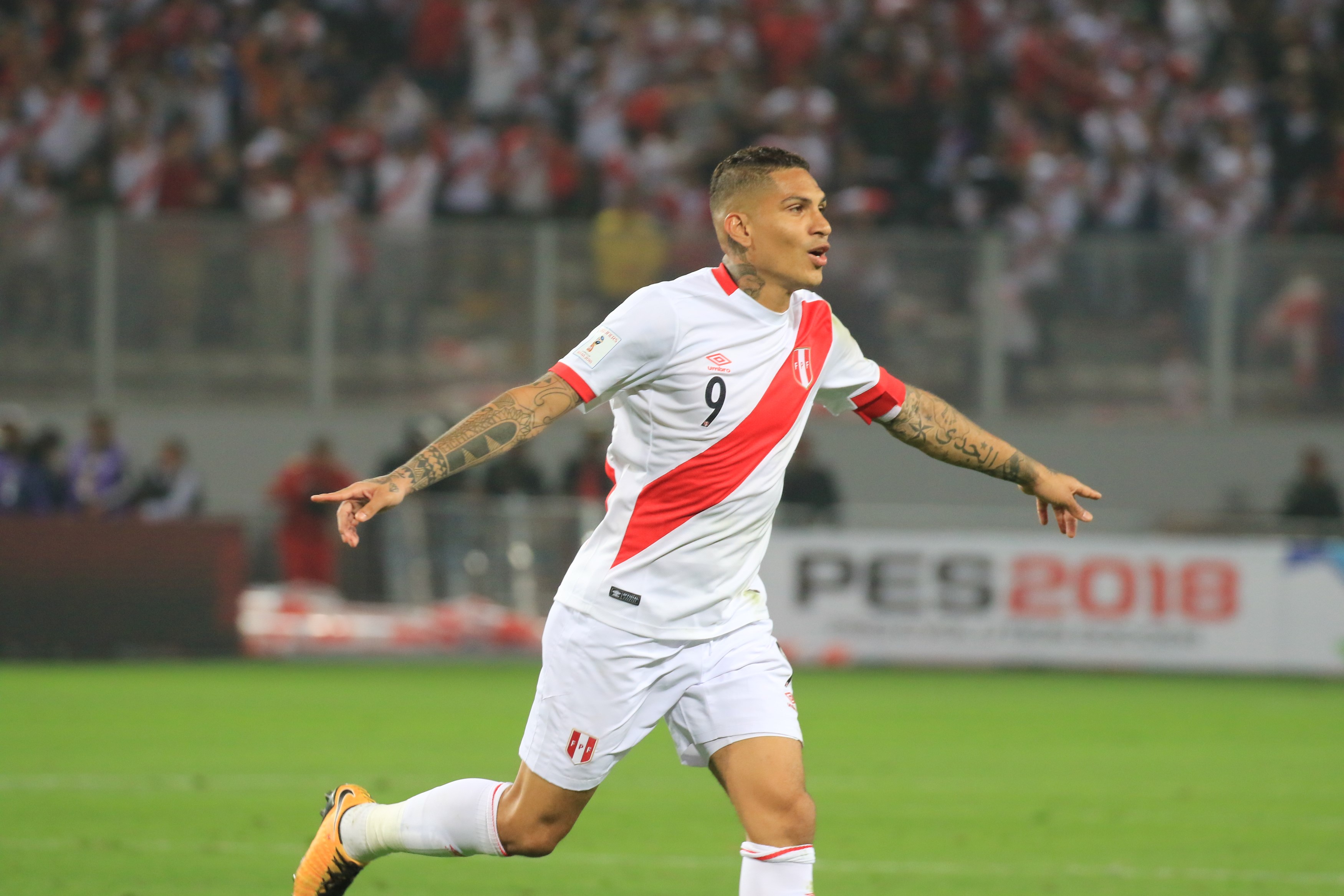
Paolo Guerrero received a one-year ban from FIFA after testing positive for benzoylecgonine, the primary metabolite of cocaine, in December 2017.
The ban was reduced on appeal 12 days later after the striker's lawyers argued the result had occurred due to the consumption of coca tea, but the Court of Arbitration for Sport later upheld an appeal filed by the World Anti-Doping Agency and the ban was extended to 14 months. That meant Guerrero would miss Peru's World Cup campaign in Russia. However, it was announced in May 2018 that the former Bayern Munich player would be allowed to play in the tournament after the Swiss Federal Tribunal temporarily lifted the ban.
19. Darijo Srna
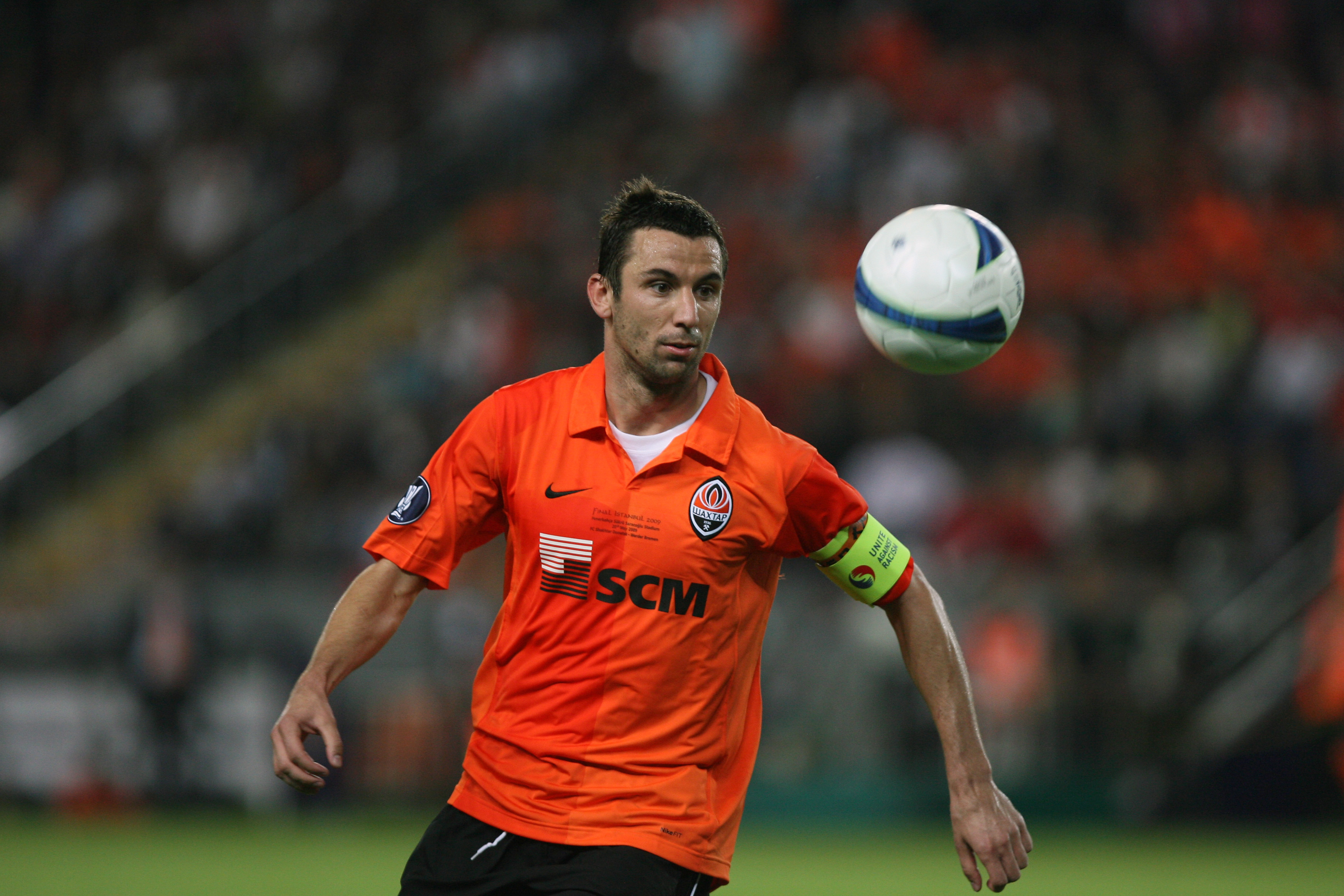
Darijo Srna spent 15 seasons at Shakhtar Donetsk and the former Croatia captain is a legend at the Ukrainian club, where he made over 500 appearances.
Srna helped Shakhtar to multiple domestic titles in that time, plus the UEFA Cup in 2009, but his career at the club was curtailed after he was hit with a 17-month ban for testing positive for illegal substance dehydroepiandrosterone. He later had a short spell at Cagliari.
18. René Higuita
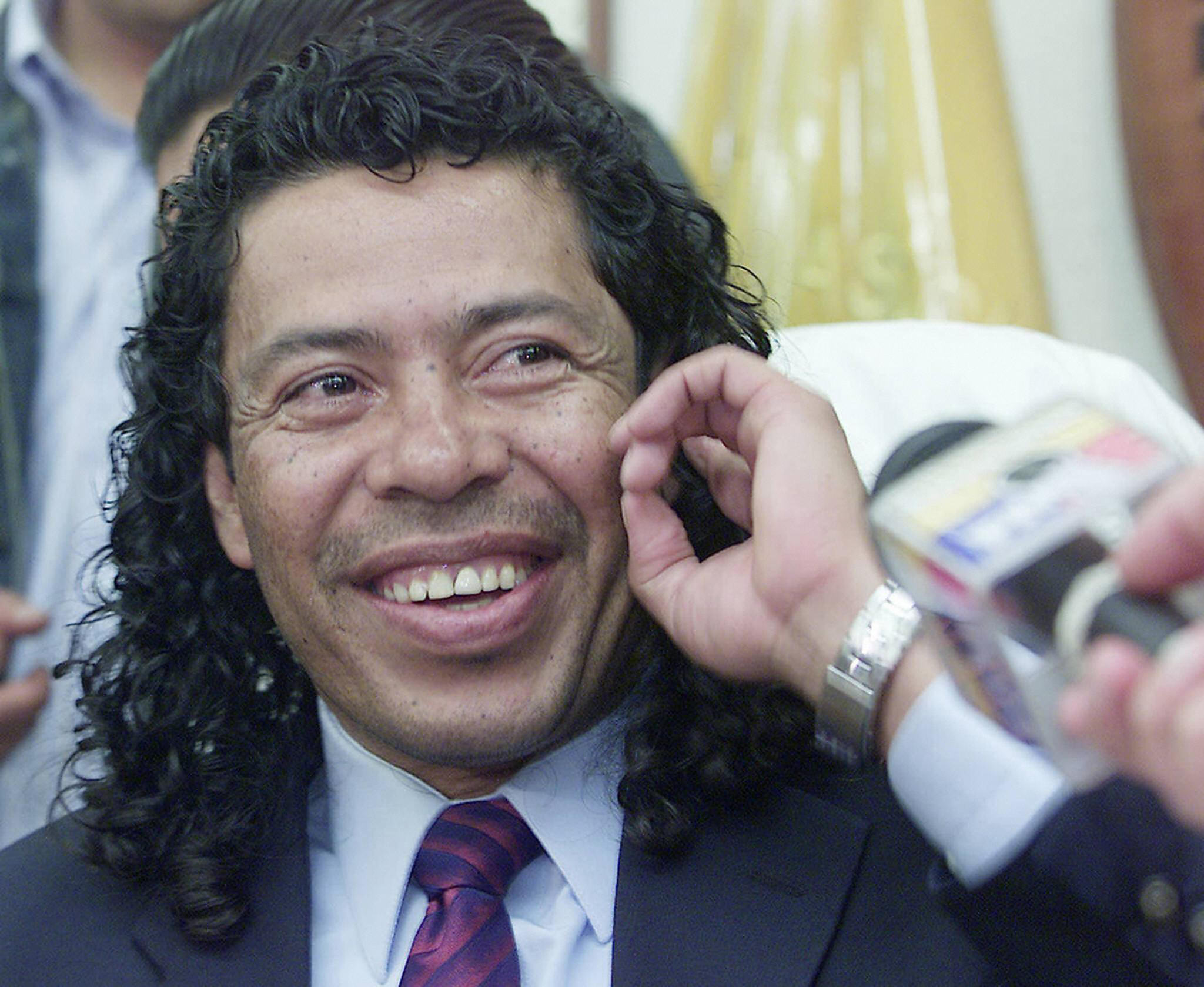
René Higuita was banned for six months by the Ecuadorian Football Federation (FEF) after he tested positive for cocaine and was sacked by his club, Aucas.
The legendary Colombian goalkeeper admitted to taking cocaine at a party and vowed to return after his suspension. He finished his career with spells in Venezuela and Colombia between 2007 and 2009.
17. Fred
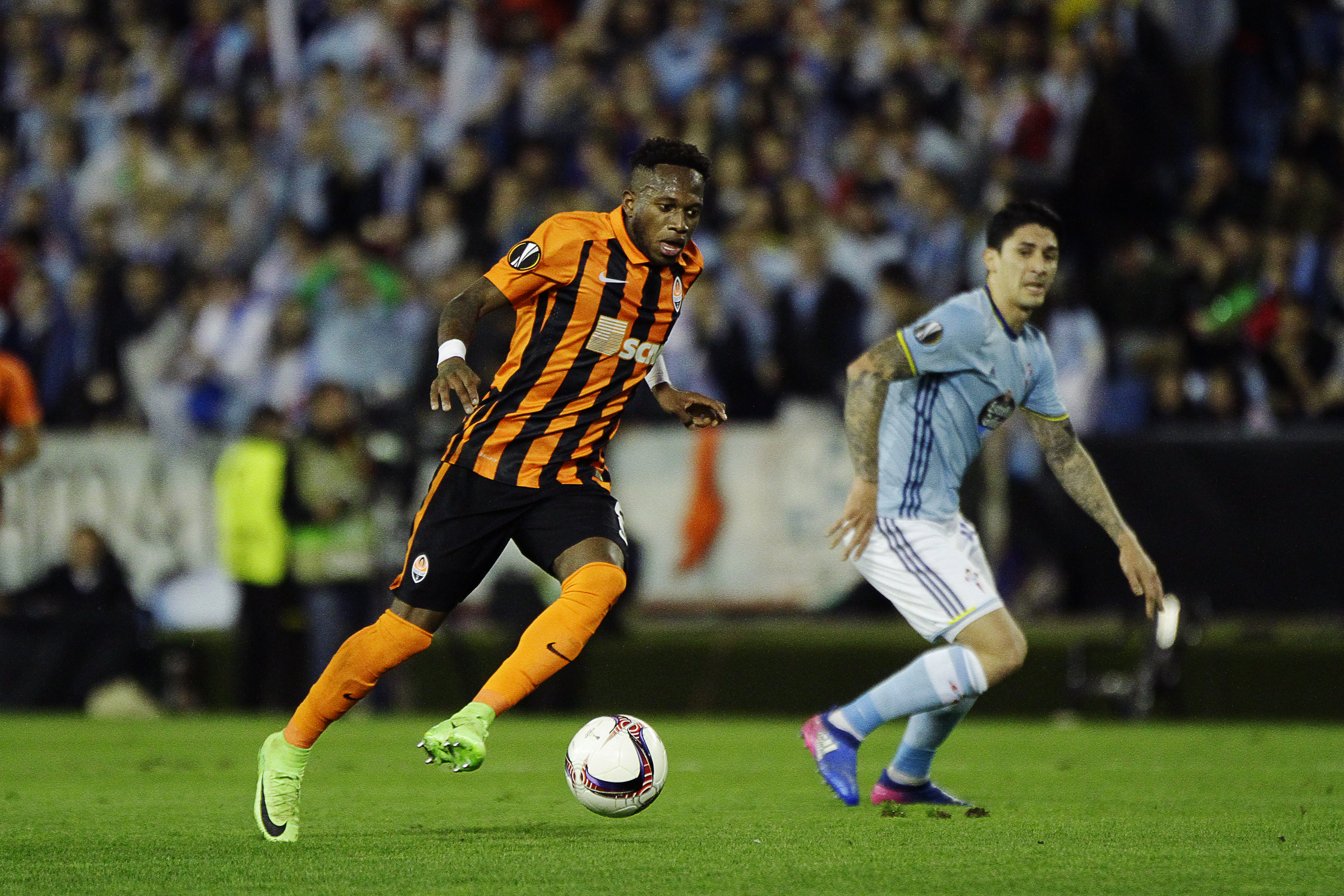
Fred tested positive for the banned diuretic hydrochlorothiazide during the 2015 Copa America and the Brazilian midfielder was later banned for a year by CONMEBOL.
The former Manchester United player released a statement declaring he was innocent. His ban was initially for international football only, allowing him to continue playing for Shakhtar Donetsk, but was later extended to include club games in a worldwide suspension for one year. He returned in March 2017, but having played the first half of the season with Shakhtar, the World Anti-Doping Agency successfully appealed before the Court of Arbitration for Sport for him to be banned until July that year.
16. Frank de Boer
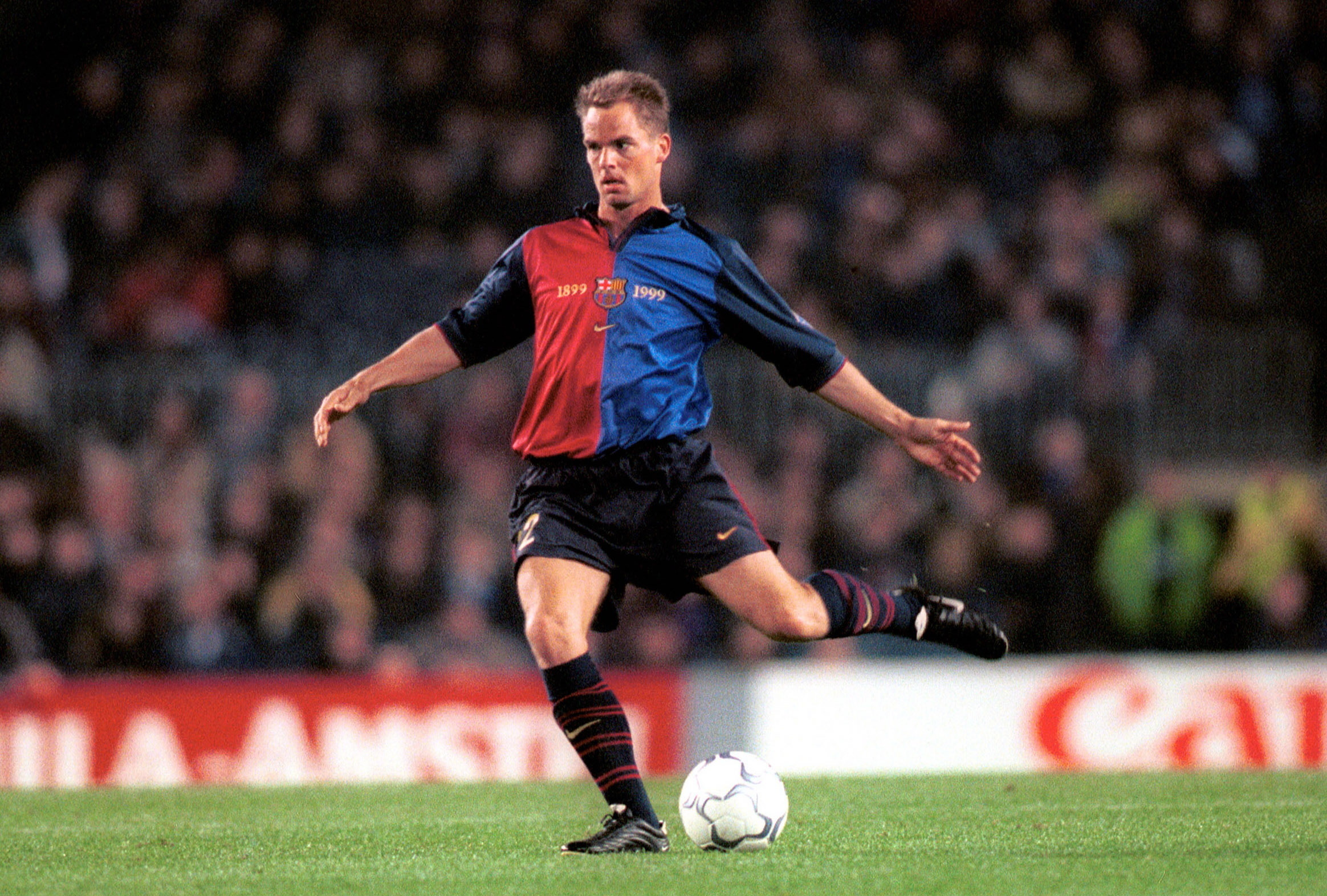
Frank de Boer tested positive for nandrolone after a match between Barcelona and Celta Vigo in March 2001 and was initially banned for a year.
The Dutch defender appealed against the decision and his ban was subsequently reduced to just 11 weeks, with the UEFA Appeal Committee satisfied that he had unknowingly taken the banned substance "by means of contaminated food supplements". De Boer ended up missing only a week of the 2001/02 season.
15. Fernando Couto
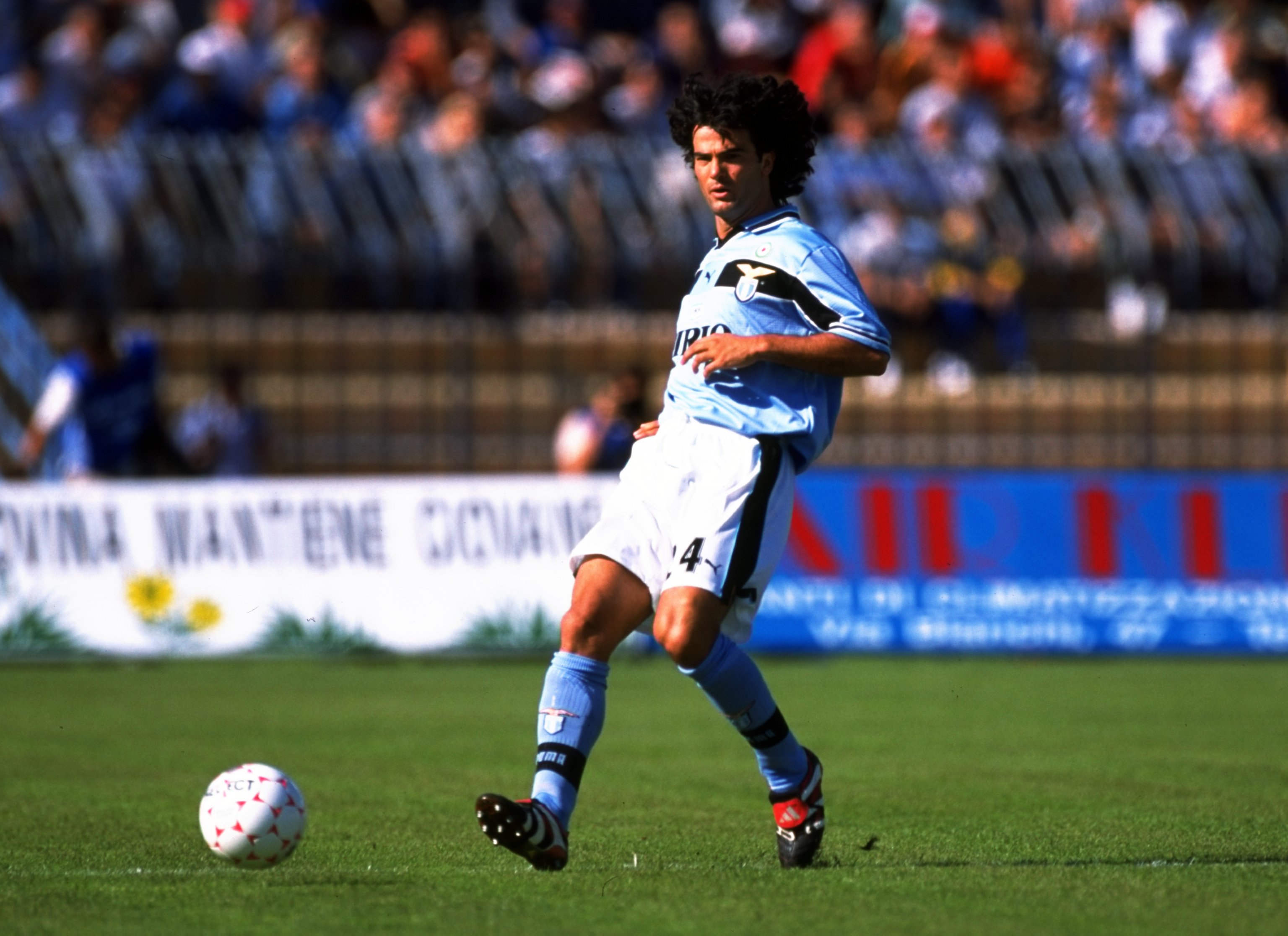
Fernando Couto tested positive for nandrolone after Lazio's win over Fiorentina in January 2001 and was banned from football for 10 months.
The Portuguese defender protested his innocence and even speculated that the results may have been caused by a shampoo he was using. His ban was later reduced to four months.
14. Salvador Carmona
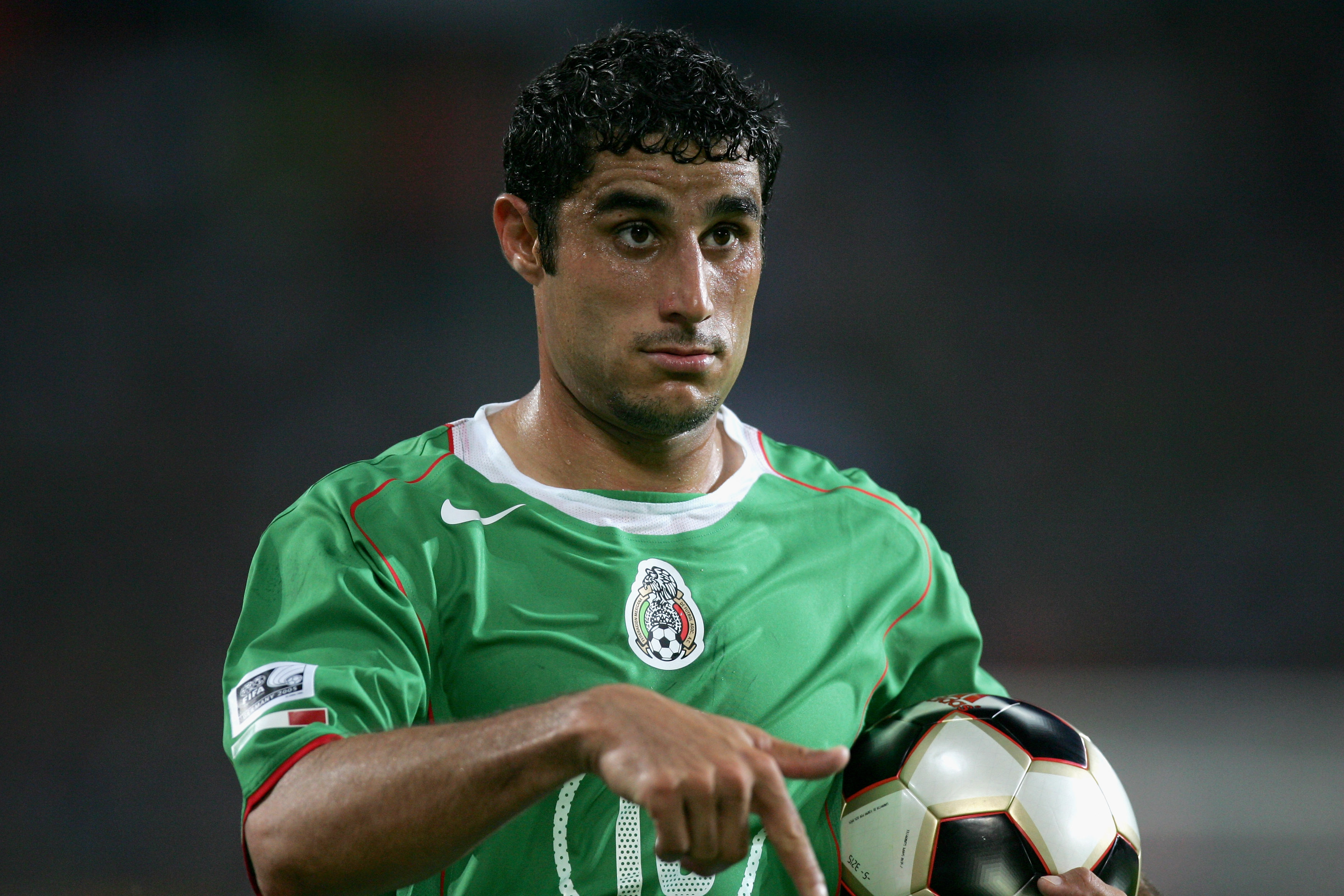
Salvador Carmona was one of Mexico's finest defenders in the late 1990s and early 2000s, but his career was stopped in its tracks after he failed a drugs test in 2005.
Carmona and Mexico team-mate Aaron Galindo were both sent home from the Confederations Cup in Germany following a doping scandal. The centre-back was initially suspended for a year, but was then handed a lifetime ban by the Court of Arbitration for Sport for testing positive again in January 2006.
13. Angelo Peruzzi
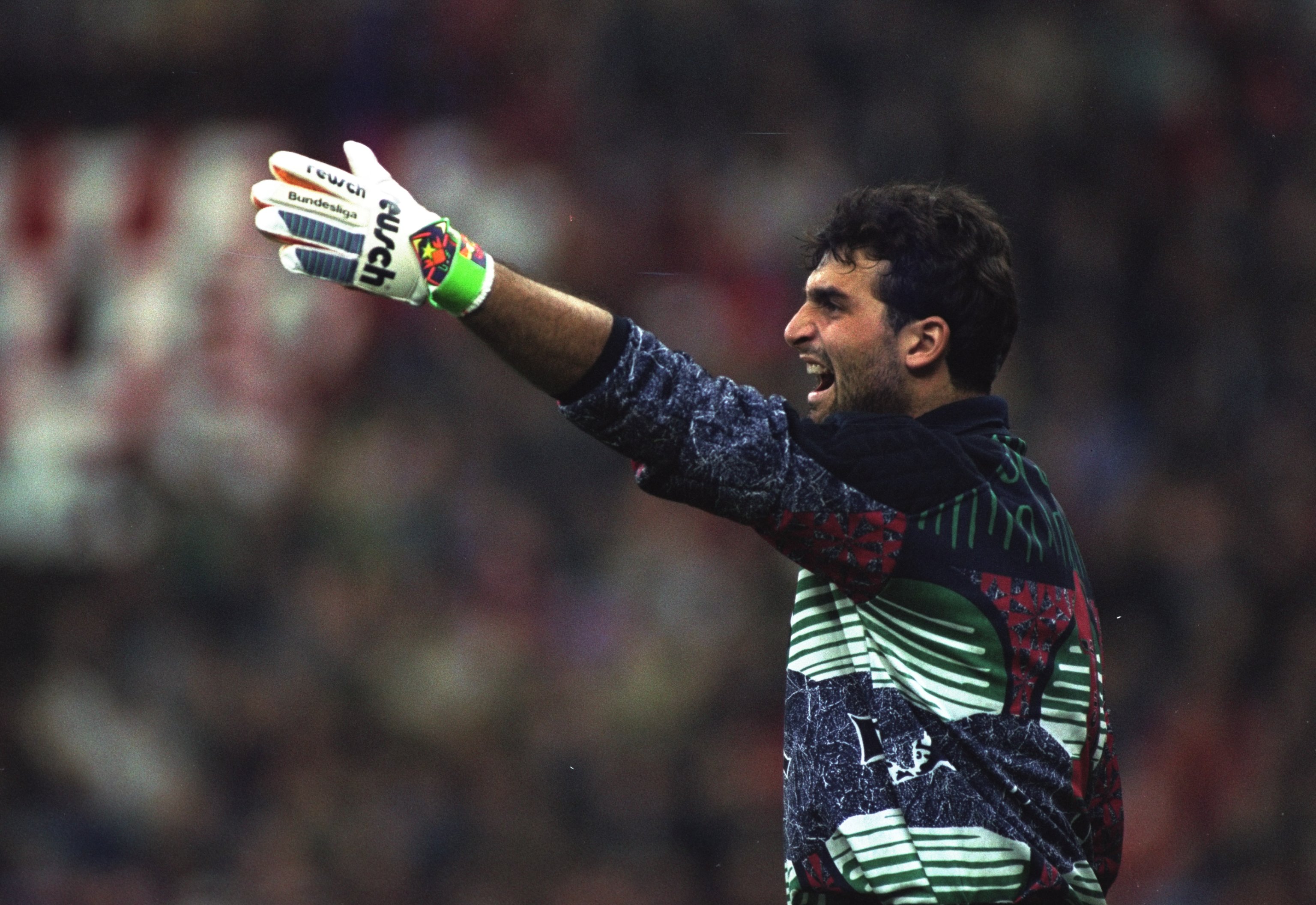
Angelo Peruzzi will go down as one of Italy's great goalkeepers and the former Juventus, Inter and Lazio shot-stopper was part of the Azzurri squad which won the World Cup in 2006.
But following a season on loan at Hellas Verona from Roma early in his career, Peruzzi was banned for a year after failing a doping test because of an appetite suppressant which contained the banned substance phentermine. He was only 18 years old at the time and later called it "the most stupid thing" he did in football.
12. Kolo Touré
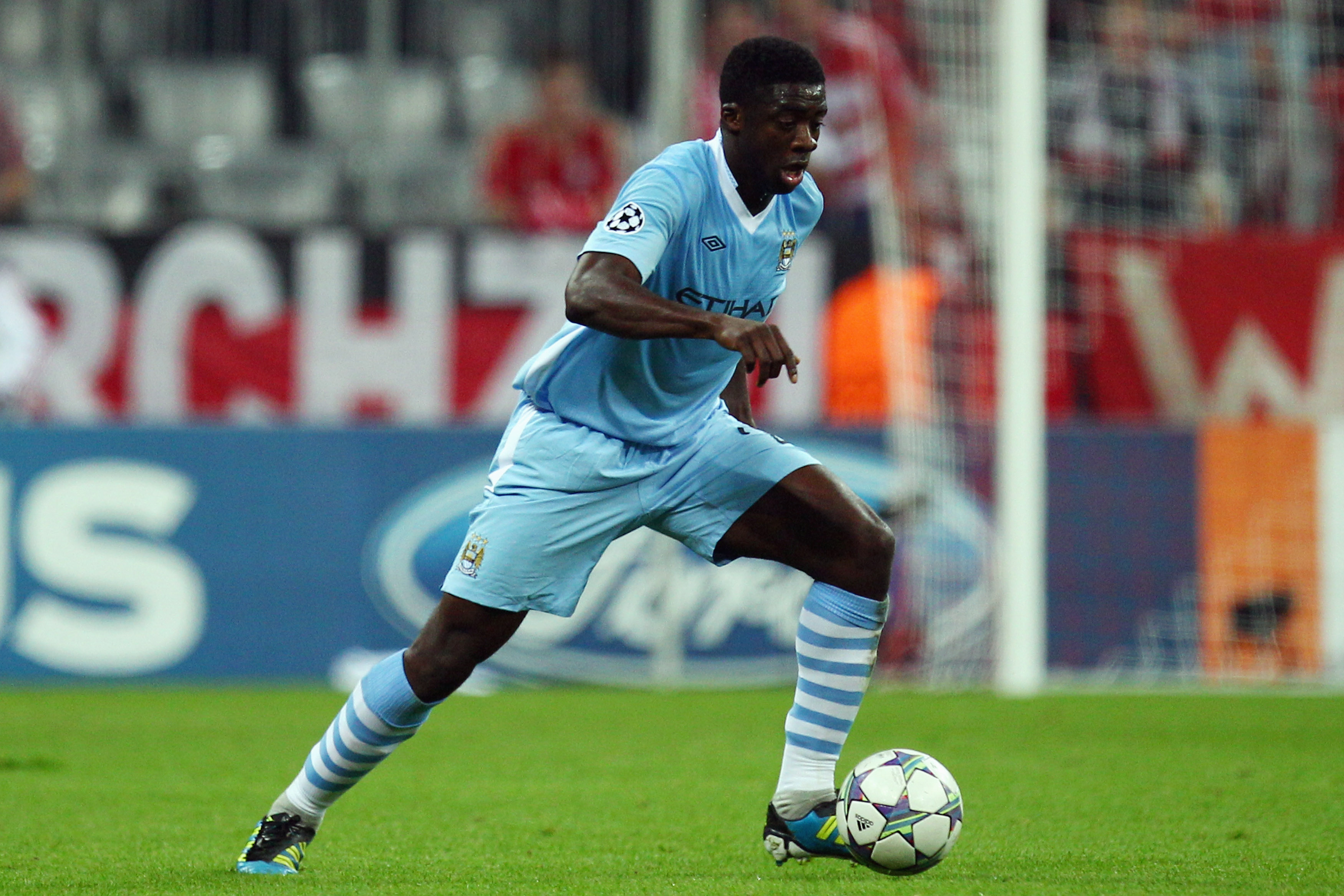
Former Manchester City defender Kolo Touré was suspended for six months after testing positive for a banned substance following a game against Manchester United in February 2011.
It later emerged that the Ivory Coast centre-back had taken his wife's diet pills in a bid to control his weight. The former Arsenal player returned to action in the 2011/12 season.
11. Samir Nasri
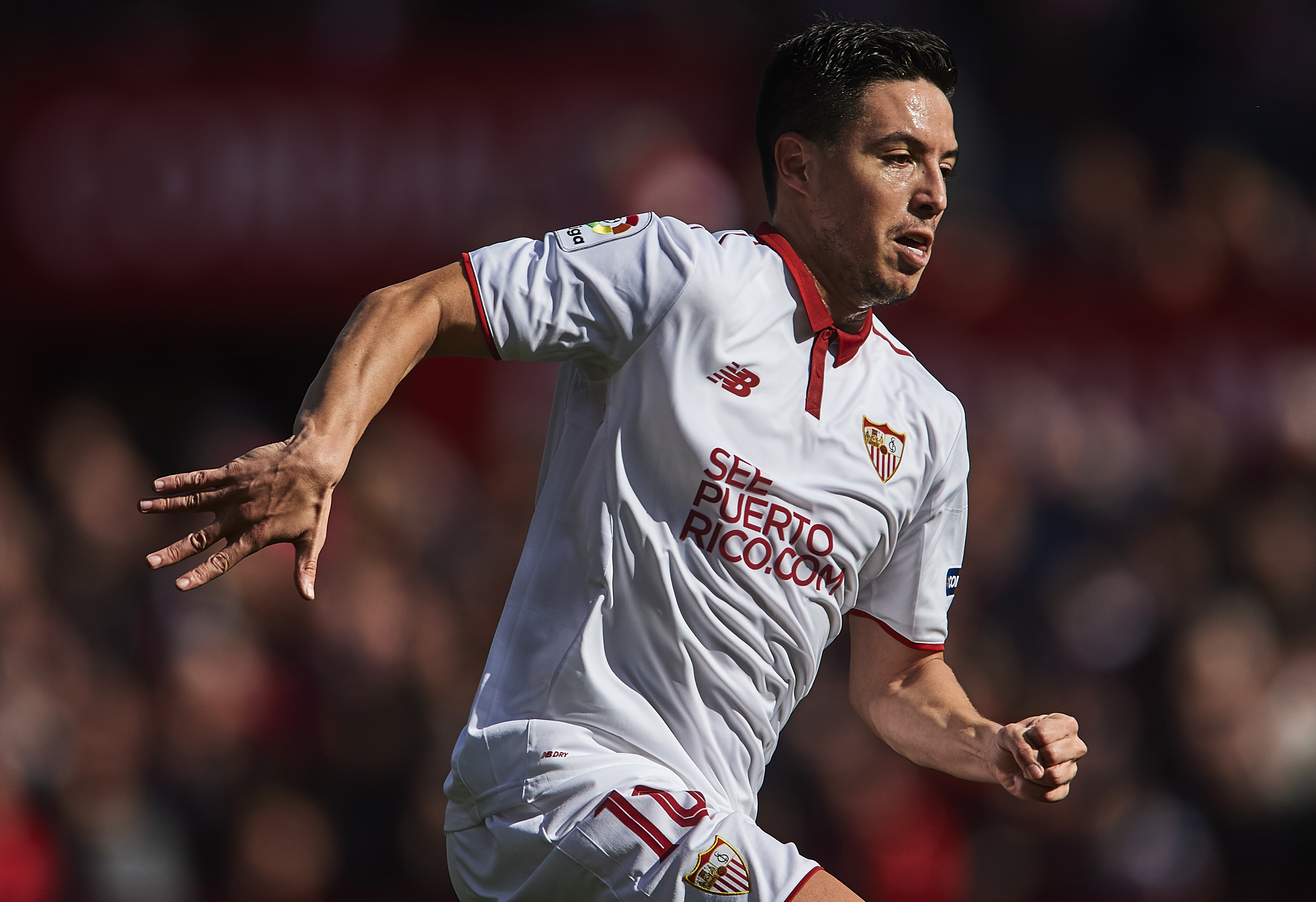
Samir Nasri was handed a six-month ban by UEFA in February 2018 for breaching World Anti-Doping Agency rules by receiving an intravenous drip of 500 millilitres of water containing nutrients.
The ban was later increased by an extra 12 months after an appeal by UEFA's ethics and disciplinary inspector, but backdated to July 2017. Nasri had visited the Drip Doctors clinic in Los Angeles after feeling unwell while on holiday and said he had not realised he was doing anything wrong. He blames the episode for cutting short his career, despite spells at West Ham and Anderlecht after his ban.
10. Hasan Şaş
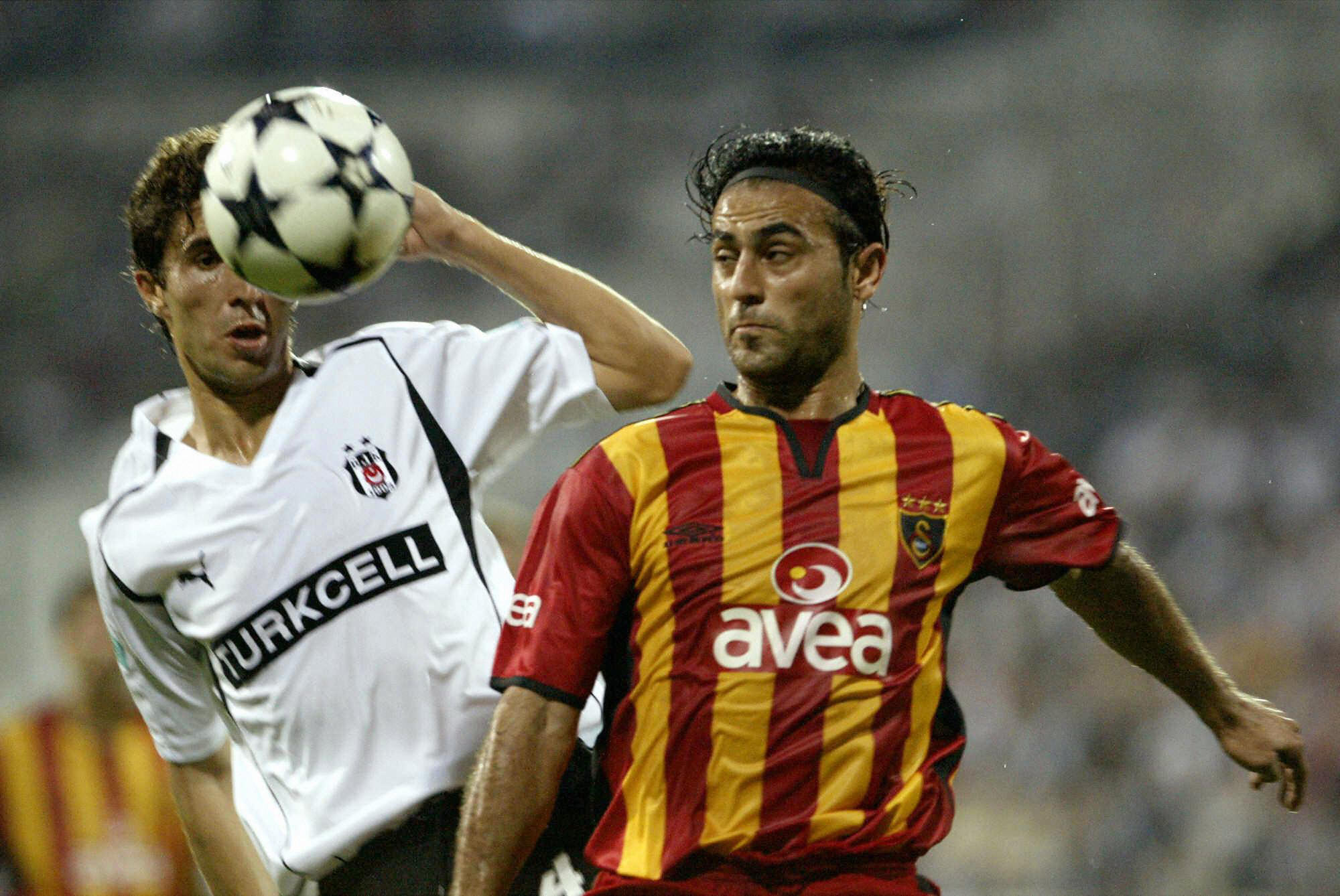
Hasan Şaş was a talented winger who won 40 caps for Turkey in an eight-year international career and won five Super Lig titles and a UEFA Cup in a successful 11-year spell at Galatasaray.
But shortly after joining the Istanbul giants, Şaş was hit with a sixth-month suspension after testing positive for the banned substance phenylpropanolamine. He was part of the Turkey squad which finished third at the 2002 World Cup.
9. Marco Borriello
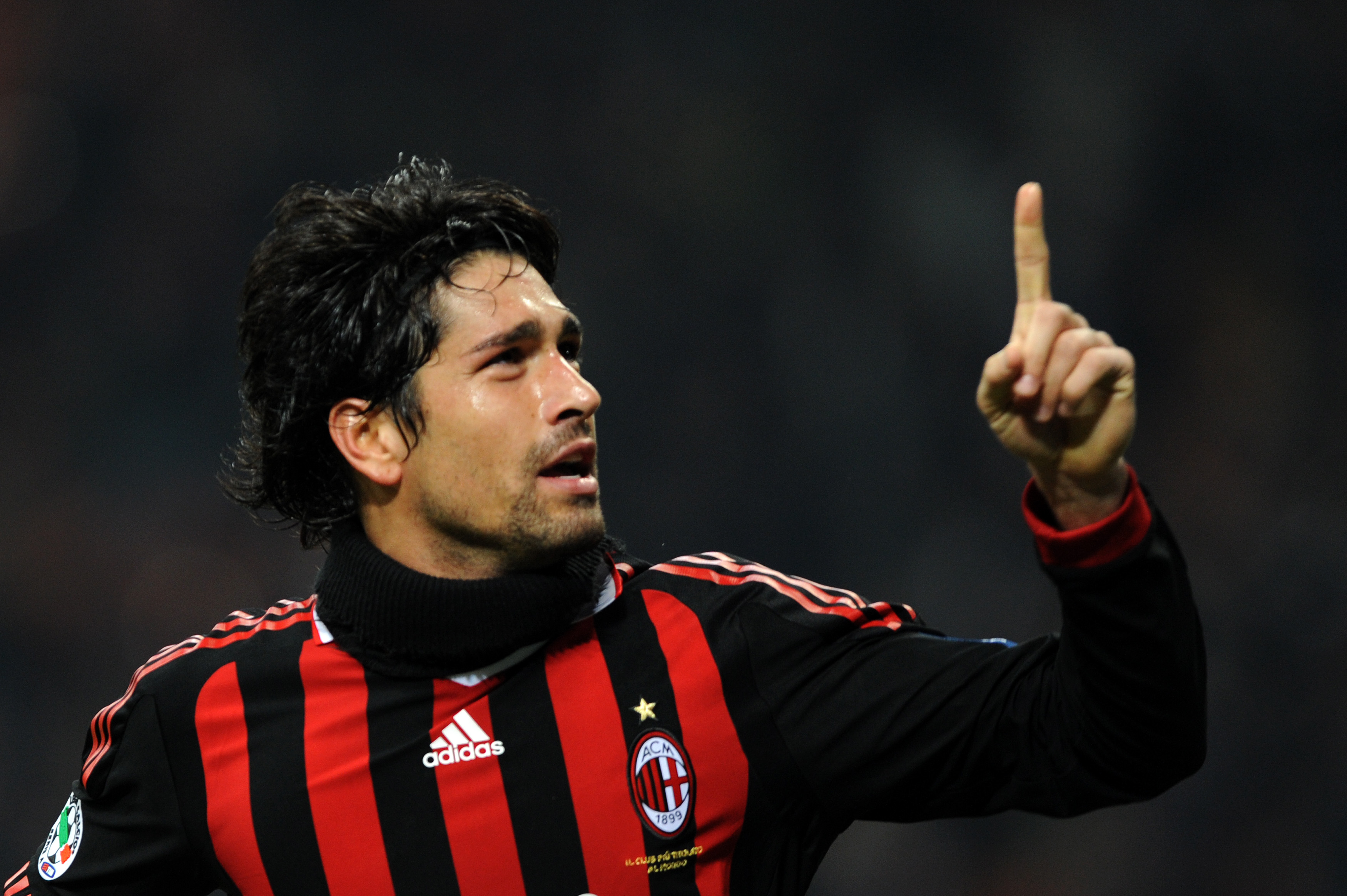
Marco Borriello tested positive for the banned substances prednisone and prednisolone after a game for AC Milan against Roma in December 2006.
The former Italy striker, who also played for Roma, Juventus and briefly at West Ham, blamed the positive test on a vaginal cream used by his girlfriend. He was suspended until March 2007 and excluded from Milan's Champions League squad, missing their Champions League final win over Liverpool in May of that year.
8. Claudio Caniggia
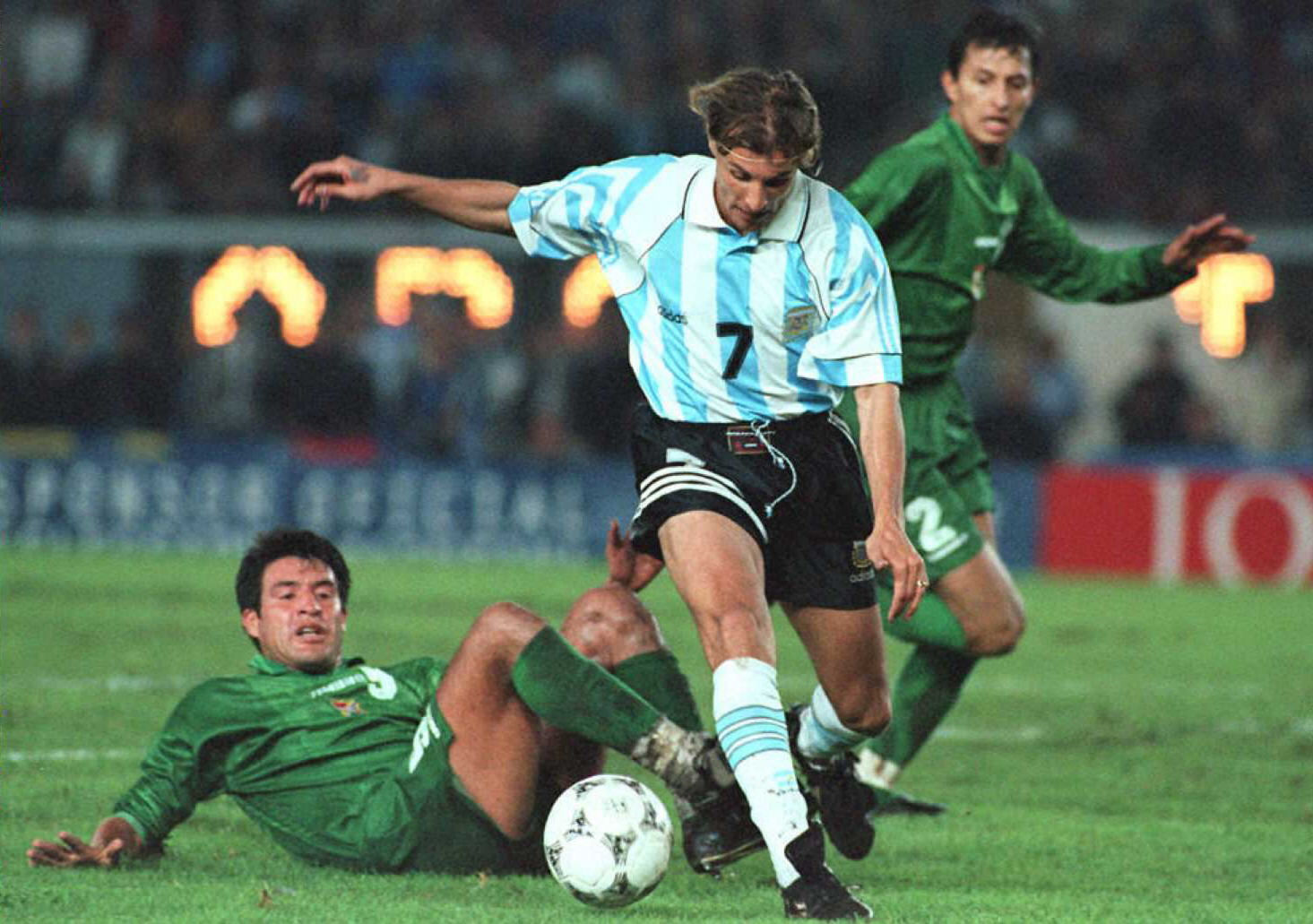
Claudio Caniggia was one of Argentina's standout players in the South Americans' run to the 1990 World Cup final, starring alongside Diego Maradona.
Like Maradona, Caniggia also picked up a ban for cocaine use. The forward failed a surprise doping test after Roma's 1-1 draw against Napoli in March 1993 and was suspended for 13 months. He later linked up with Maradona at Boca Juniors.
7. Jaap Stam
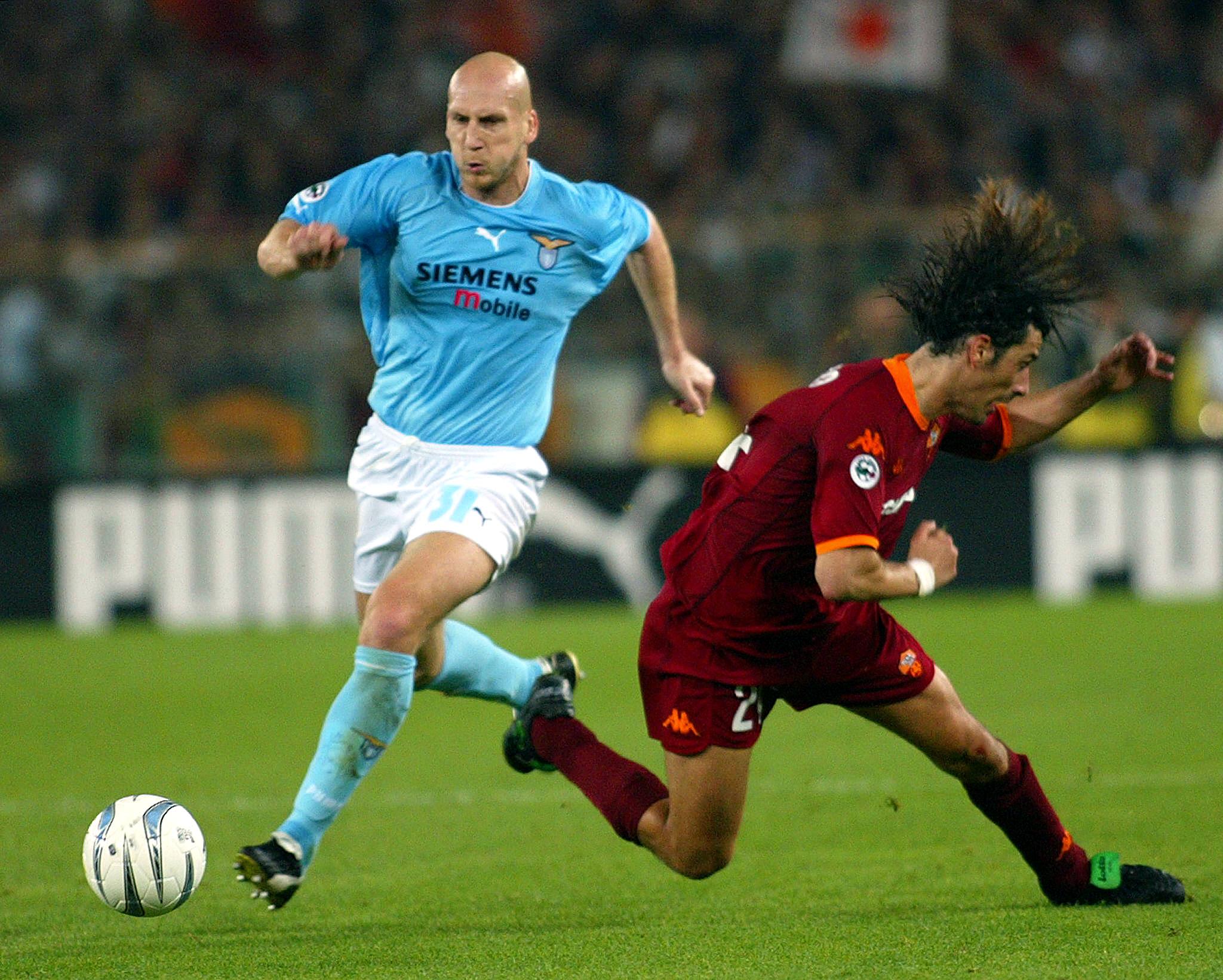
Jaap Stam was banned for five months during his time at Lazio following a positive test for nandrolone in a sample given after the game against Atalanta in October 2001.
The Dutch defender was one of a number of players to test positive for the substance in Italy around that time. The former Manchester United centre-back maintained his innocence and the suspension was reduced by a month on appeal.
6. André Onana
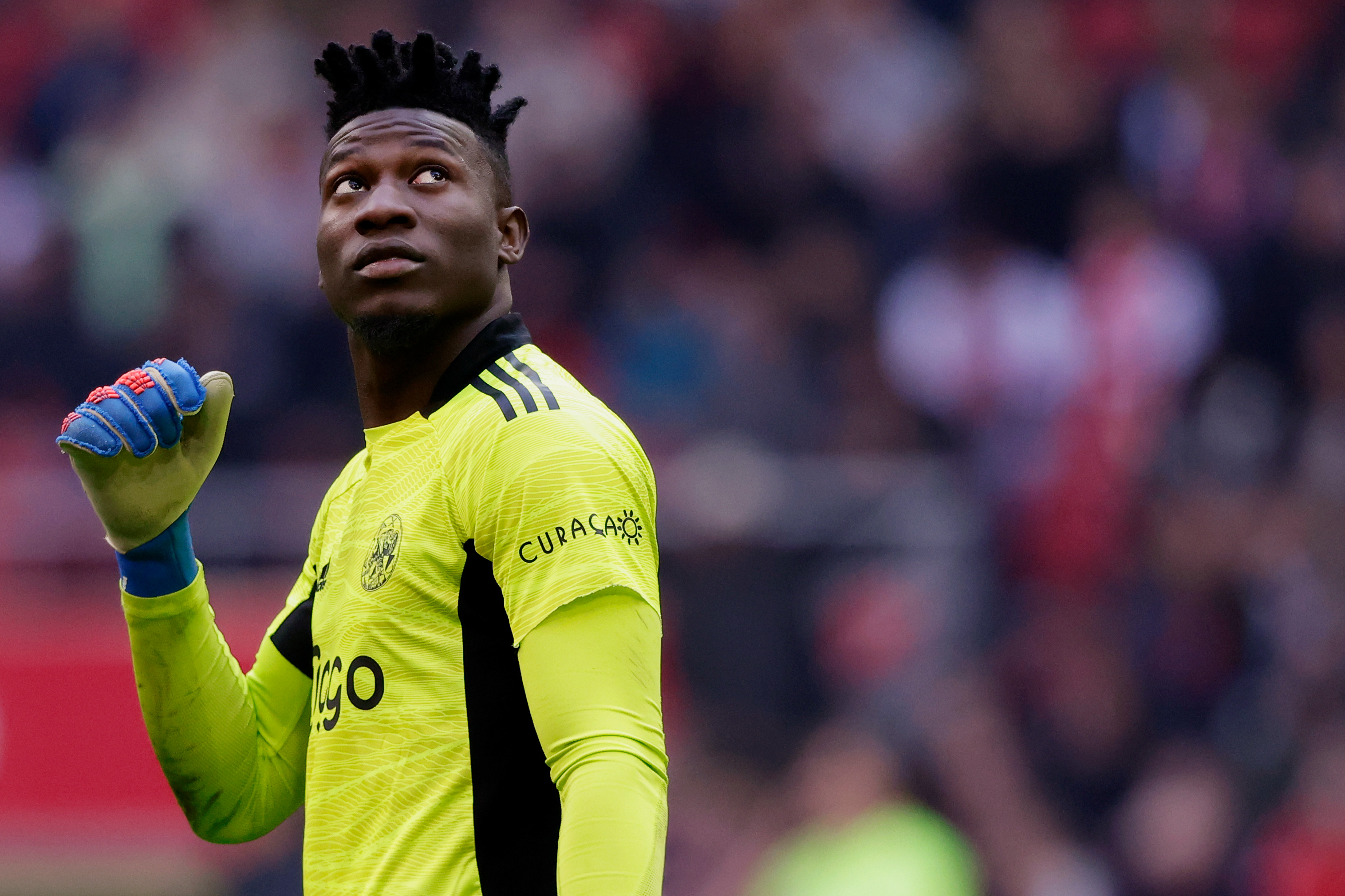
André Onana missed nine months of action at Ajax after testing positive for furosemide in February 2021.
The Cameroonian goalkeeper said he had taken his wife's prescription medicine after complaining of a headache. He was initially banned for a year but, supported by his club in his appeal, the suspension was reduced to nine months by the Court of Arbitration for Sport.
5. Adrian Mutu
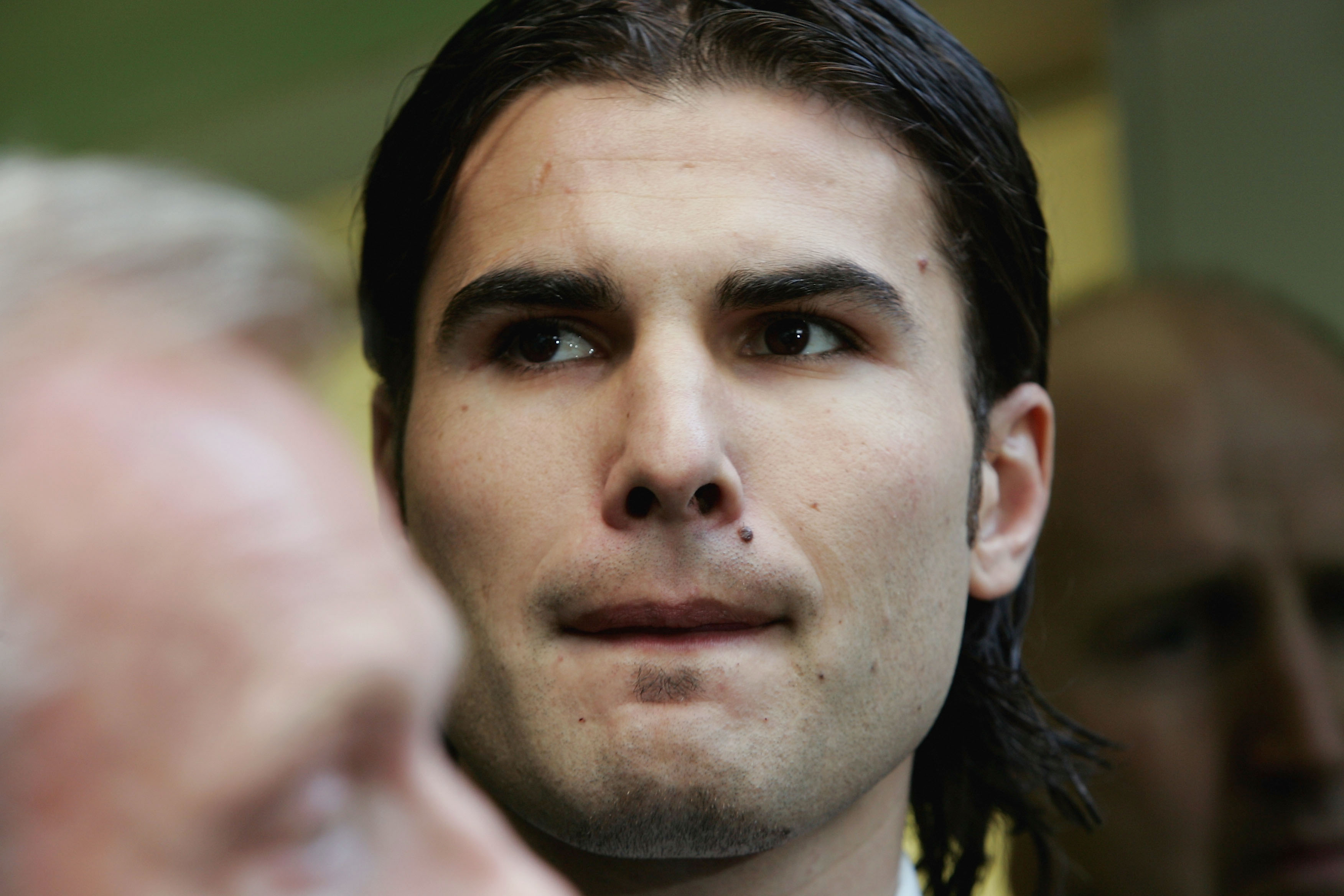
Adrian Mutu signed for Chelsea from Parma in 2003, but the Blues fans did not see much of the talented Romanian striker.
Mutu was hit with a seven-month ban for cocaine use in November 2004 and was ordered to pay a bill of £14.6 million after he was forced to leave Chelsea. He went on to rebuild his career in Italy in spells with Juventus and Fiorentina.
4. Pep Guardiola
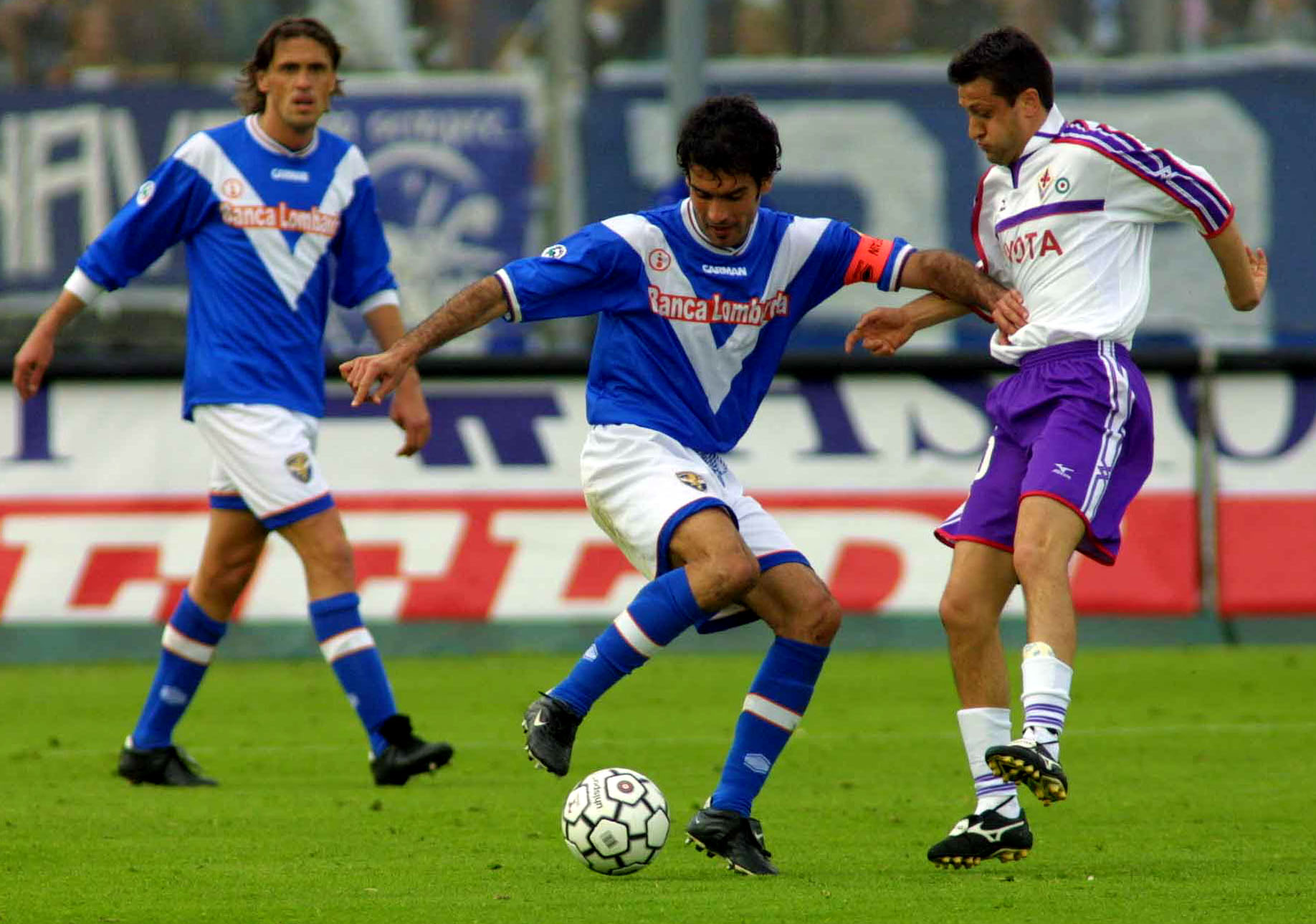
Long before his huge success as a coach, Pep Guardiola was one of the best midfielders of his generation and he spent over a decade at Barcelona.
Guardiola left Barça to join Brescia in the summer of 2001 and tested positive for nandrolone shortly into his time with the Italian club. He was banned for four months, but later cleared his name on appeal and also had his seven-month suspended prison sentence overturned.
3. Edgar Davids
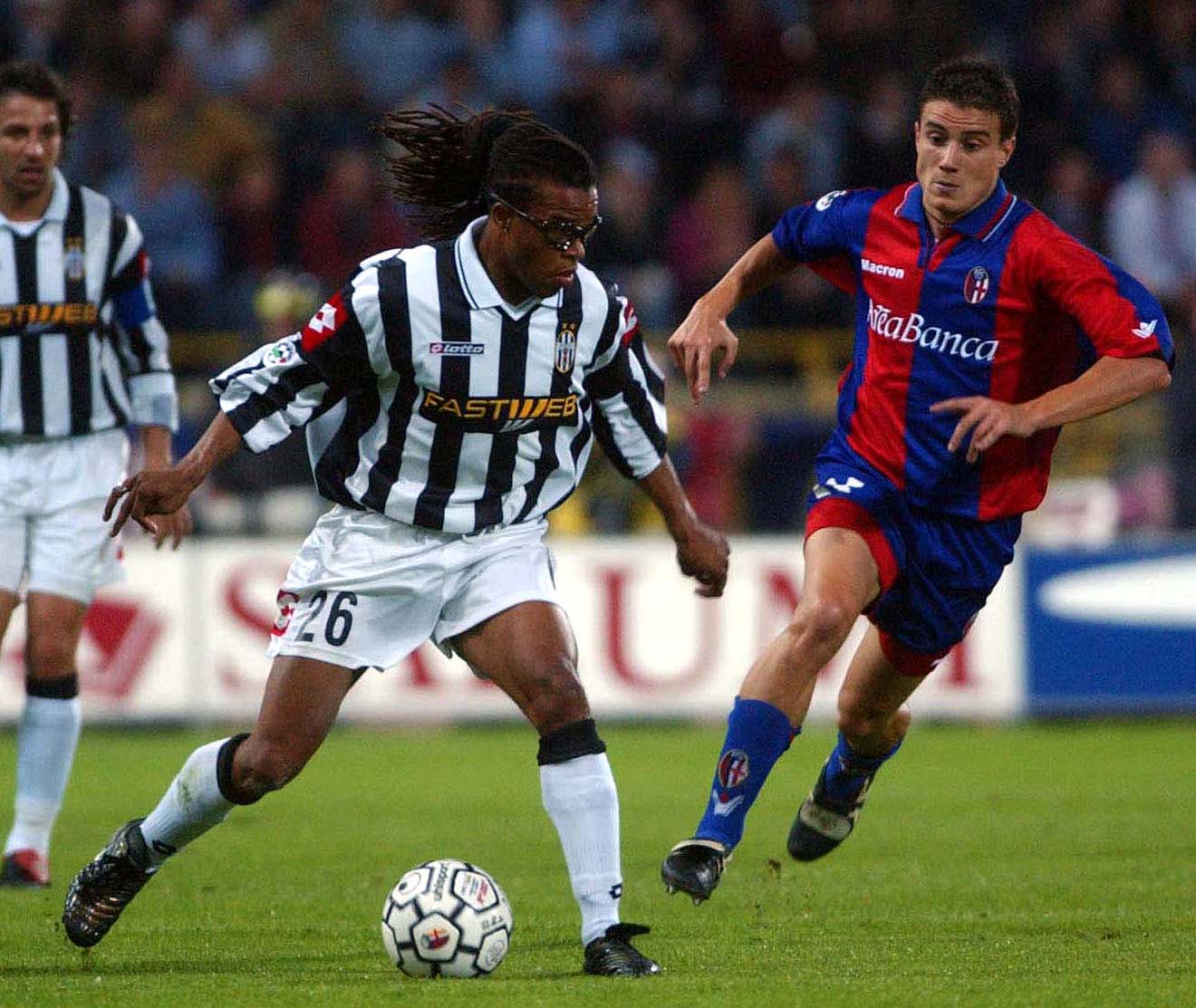
Edgar Davids tested positive for nandrolone in March 2001 after playing for Juventus in a 2-0 win over Udinese.
The Dutch international carried on playing, but was banned in May after a second test also came back positive. He was suspended for five months, with the ban later reduced to four, and returned to action in October 2001.
2. Paul Pogba
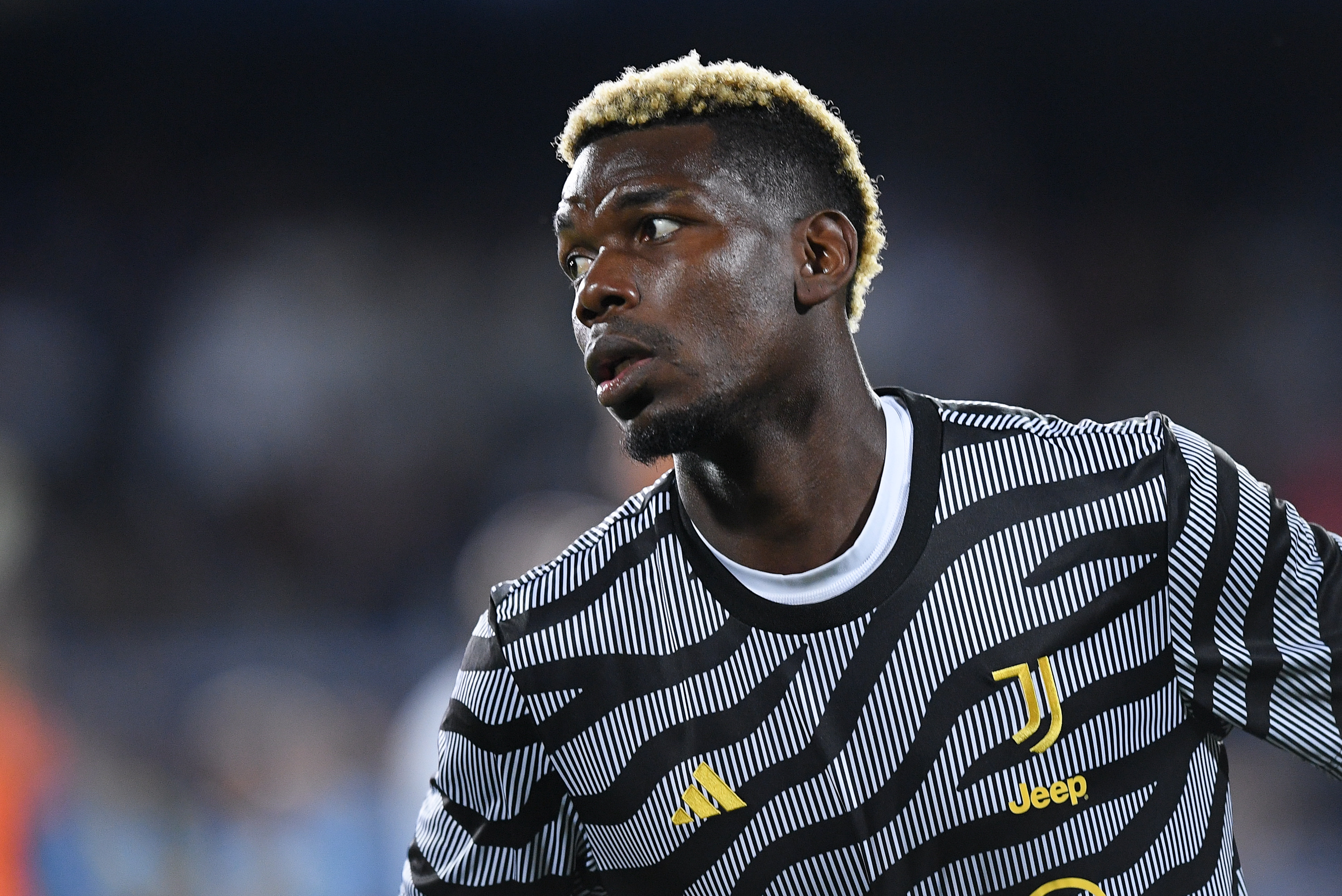
Paul Pogba was hit with a four-year ban from football after a drugs test in September 2023 found high levels of testosterone in his system.
The Juventus midfielder, a World Cup winner with France in 2018, said he was "sad, shocked and heartbroken", claiming he had never knowingly taken an illegal substance. The drugs test was confirmed in October 2023 and in February 2024, the former Manchester United player received a four-year ban for doping from the Italian Anti-Doping National Tribunal, with the option to appeal to the Court of Arbitration for Sport.
1. Diego Maradona
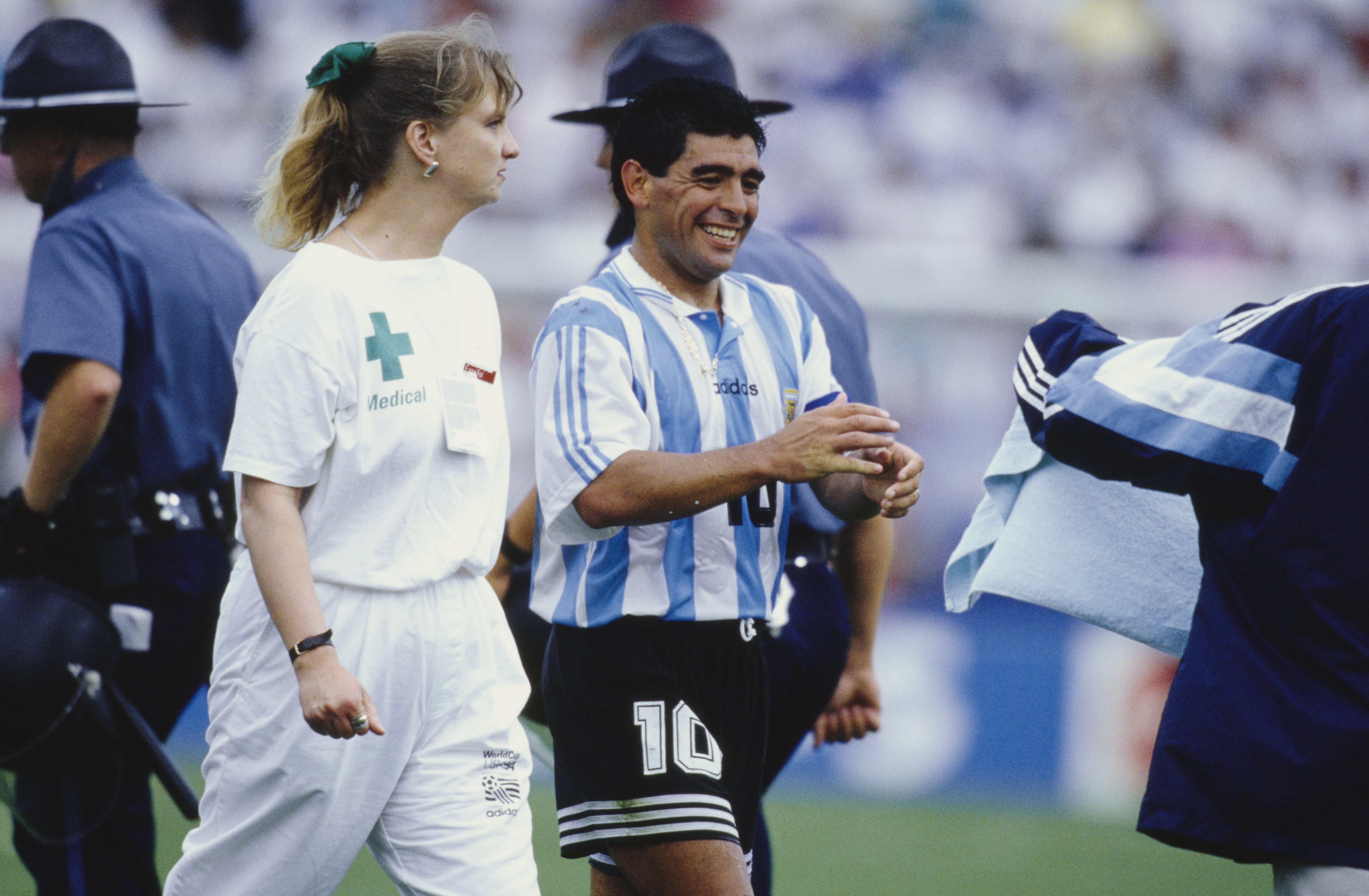
Diego Maradona tested positive for cocaine use after a game for Napoli against Bari in 1991 and the Argentine great was banned for 15 months. It proved to be the end of his time at Napoli and after serving the suspension, he signed for Sevilla.
Back in Argentina with Newell's Old Boys and then Boca Juniors, Maradona made an international comeback at the 1994 World Cup, but tested positive for ephedrine doping after a game against Nigeria. He proclaimed his innocence, but was expelled from the tournament by FIFA and never played for Argentina again.







